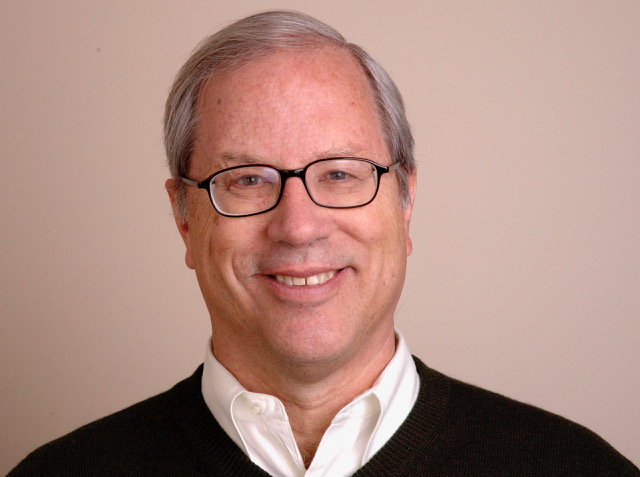Speakers
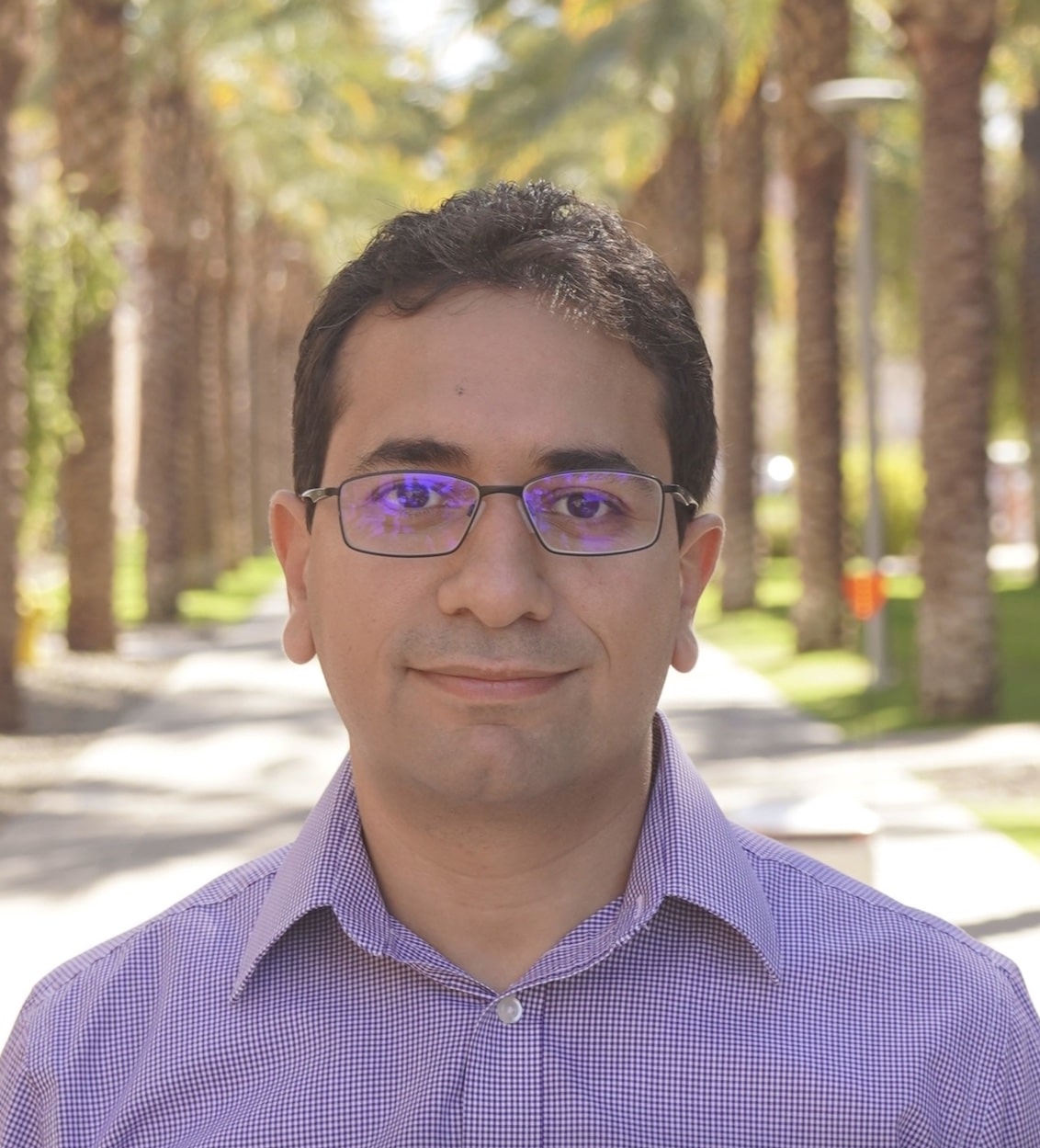
Ahmad Alkhateeb

Ahmed Alkhateeb received his B.S. and M.S. degrees in Electrical Engineering from Cairo University, Egypt, in 2008 and 2012, and his Ph.D. degree in Electrical Engineering from The University of Texas at Austin, USA, in August 2016. From September 2016 to December 2017, he was a Wireless Communications Researcher at the Connectivity Lab, Facebook, in Menlo Park, CA. He joined Arizona State University (ASU) in Spring 2018, where he is currently an Associate Professor in the School of Electrical, Computer, and Energy Engineering.
His research interests are in the broad areas of wireless communications, communication theory, signal processing, machine learning, and applied math. Dr. Alkhateeb is the recipient of the 2012 MCD Fellowship from The University of Texas at Austin, the 2016 IEEE Signal Processing Society Young Author Best Paper Award for his work on hybrid precoding and channel estimation in millimeter-wave communication systems, and the NSF CAREER Award in 2021.
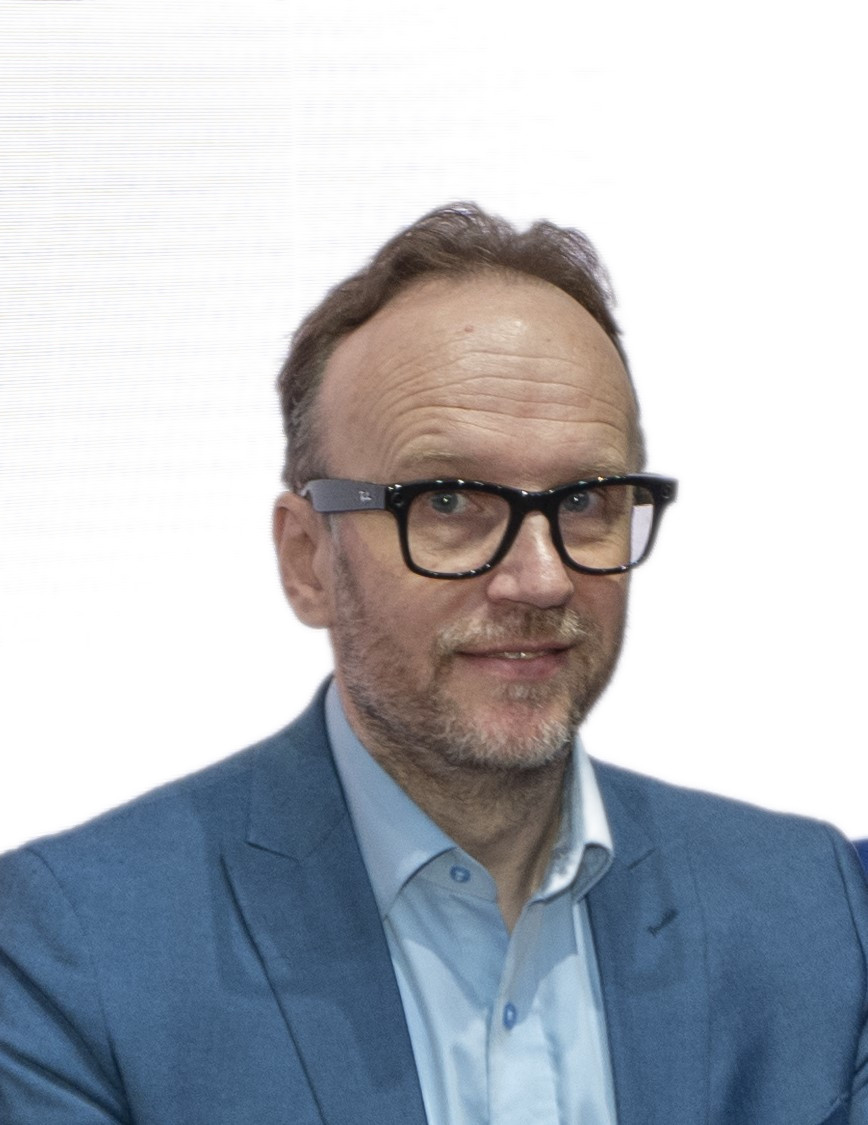
Ari Kynäslahti

Ari Kynäslahti is the Senior Vice President of Strategy & Technology and Chief Technology Officer (CTO) at Nokia Mobile Networks. In this role, he is responsible for shaping the business, technology, and partnership strategies for Mobile Networks, while also contributing to Nokia’s overall technology vision and strategy. He oversees Nokia Mobile Networks’ portfolio and investment management, as well as the standardization and research of radio access networks across different mobile technology generations, ensuring a smooth evolution path to 6G together with Bell Labs and academia.
Ari actively drives Mobile Networks’ diversification into non-CSP segments, including defense, public safety, and enterprise, collaborating with various industry stakeholders such as the U.S. Department of Defense, NATO, government entities, and Tier 1 defense contractors, continuously exploring opportunities for mergers and acquisitions. Additionally, Ari manages collaboration with key partners across multiple functions, including R&D, sales, standardization, research, and with chipset and device vendors. He also serves as a board member representing Nokia in the global AI-RAN Alliance.
Ari has had a long and distinguished career at Nokia, which began in early 1995. Over the years, he has held several key leadership roles at both Nokia and Nokia Siemens Networks, including Head of Mobile Networks Product Management, Head of LTE Product Management, Head of Global Radio Sales, and Head of WCDMA Product Management. He has also held various roles in R&D and Business Development.
Ari holds a Master of Science degree in Radio Technology with minors in Corporate Strategy & International Business and Economics from the Helsinki University of Technology.
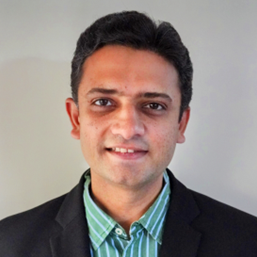
Arpit Mehta

Arpit serves as the Head of Americas Wireless Ecosystem Engineering at Meta Reality Labs (RL), where he oversees compliance and certification of all Meta hardware products with telecommunications partners. He also drives the prototyping of emerging wireless technologies in collaboration with ecosystem partners. In addition, Arpit leads technology strategy development and alignment with senior partner leadership and plays a key role in influencing Meta’s leadership to incorporate these advancements into future products.
Before stepping into his current position, Arpit spent 15 years at Google, HTC, and Motorola, where he launched a range of cellular and non-cellular consumer products. He holds a master’s degree in Wireless Communication and is a passionate technologist, instrumental in driving 0-to-1 adoption on several industry-first Windows and Android devices. Arpit played a key role in introducing early 4G and 5G smartphones to the market and remains deeply enthusiastic about advancing technology.
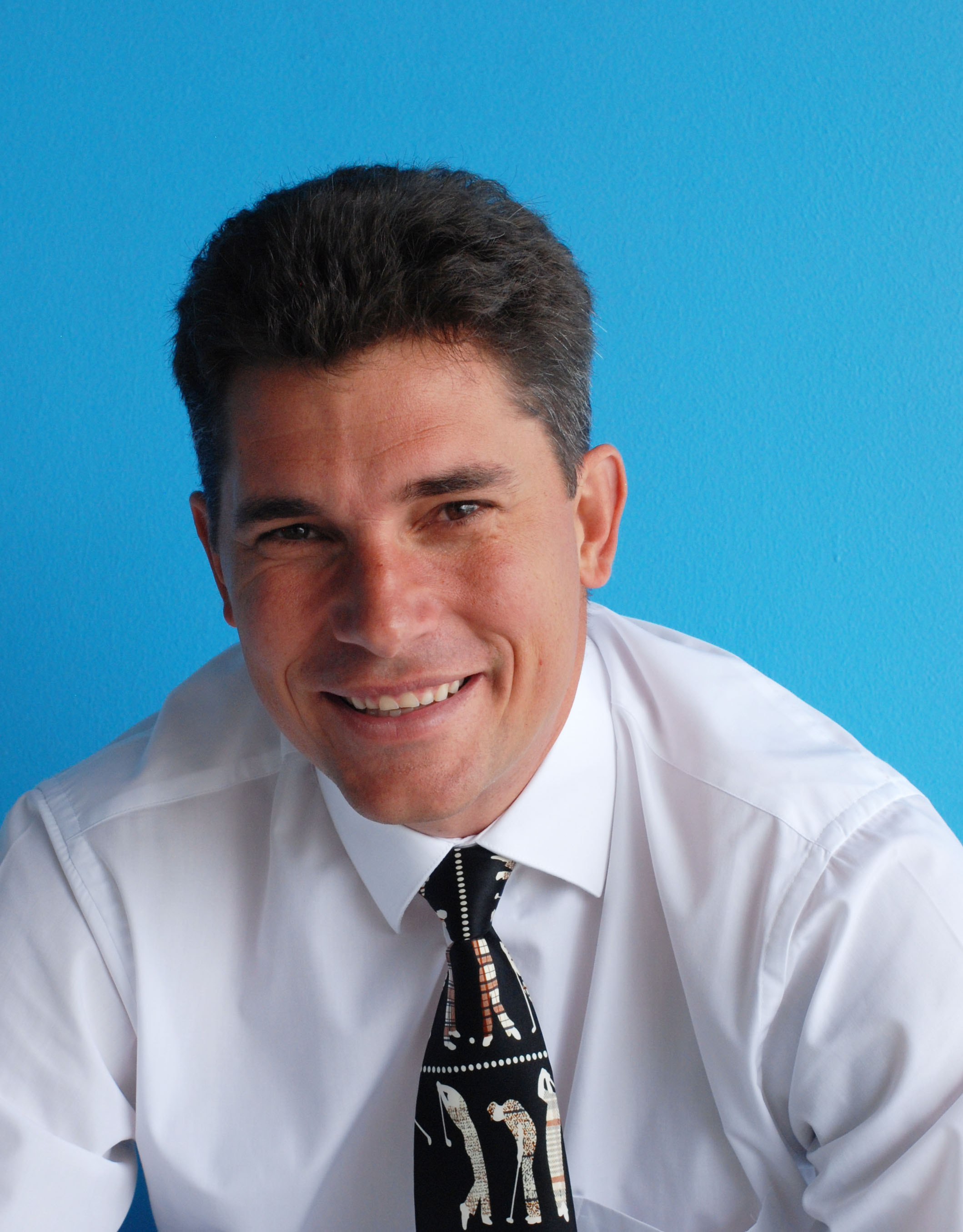
Balasz Bertenyi

Balazs Bertenyi received an M.Sc. degree in Computer Science and Telecommunications in 1998 from the Technical University of Budapest.
Balazs joined Nokia in 1998 as part of the research group on IMS (IP Multimedia Subsystem) and began working in 3GPP standardization.
- 2007–2011: Chairman of 3GPP SA2
- 2011–2015: Chairman of 3GPP TSG-SA
- 2017–2021: Chairman of 3GPP TSG-RAN
Since 2021 onward, Balazs has been working on early 6G research and pre-standards and has been leading Nokia’s 6G pre-standards efforts.
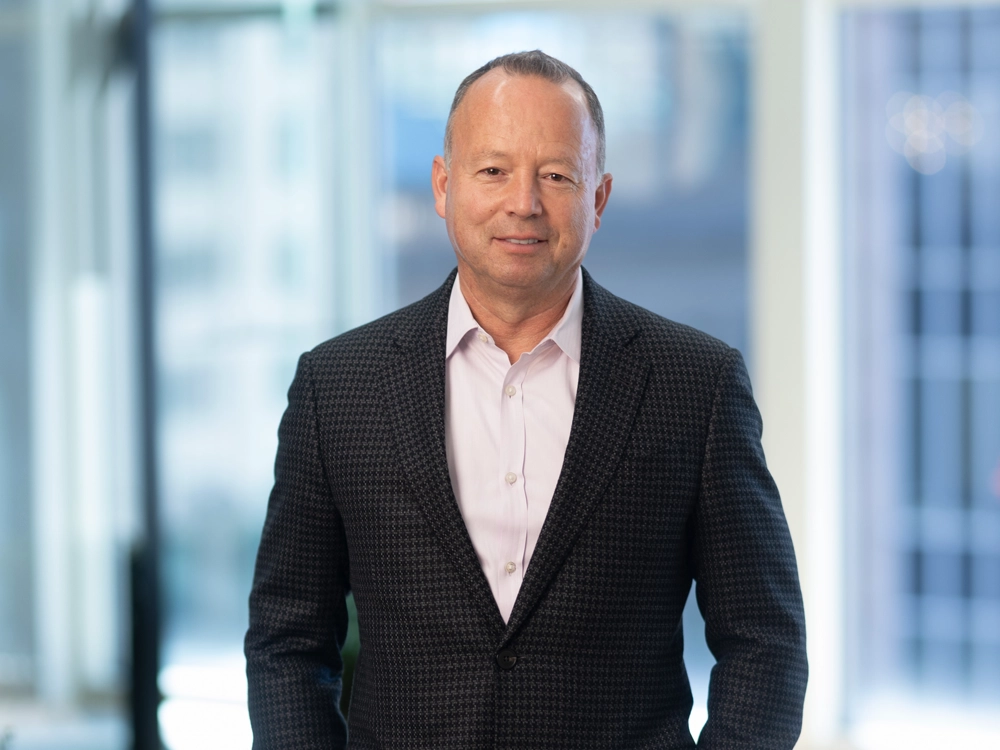
Brian Modoff

Brian brings more than 30 years of experience on Wall Street and in operating roles. He is an experienced strategist and previously served as the Executive Vice President of Strategy, M&A, and Venture Investments at Qualcomm, helping to define the company’s strategic direction and long-term vision.
During his time at Qualcomm, Brian led the company’s M&A and venture investment efforts, completing several key acquisitions and venture investments across multiple subsectors, including Mobile/RF, Automotive, IoT, AI, AR/VR, and Networking.
Prior to Qualcomm, Brian served as a Managing Director in Equity Research at Deutsche Bank Securities. In this capacity, he provided strategic advice to numerous companies on IPOs, mergers and acquisitions, and venture capital funding.
Brian holds a Master of International Management from Thunderbird School of Global Management and a B.A. in Economics from California State University, Fullerton.
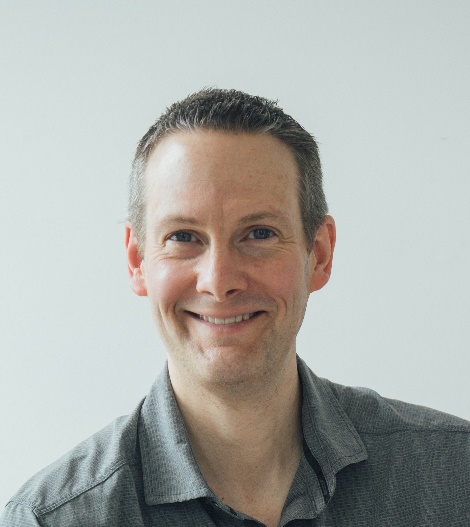
Brian Olsen

Brian Olsen is a Senior Manager, T-Mobile Research for T-Mobile USA. Brian leads T-Mobile’s long-term technology planning activities, including evaluation of new spectrum opportunities and development of technology roadmaps to ensure T-Mobile’s technology leadership position. Brian also leads the network technology development and program management of Non-Terrestrial Network (NTN) with the goal of providing wireless connectivity service where terrestrial network service does not exist.
Brian has over 25 years of experience working for a number of different Mobile Network Operators across RF Planning, Network Optimization, Field Evaluation, Equipment Engineering, and Capacity Planning. He has a proven track record of evaluating new technologies and spectrum opportunities and assessing their overall value to the business.
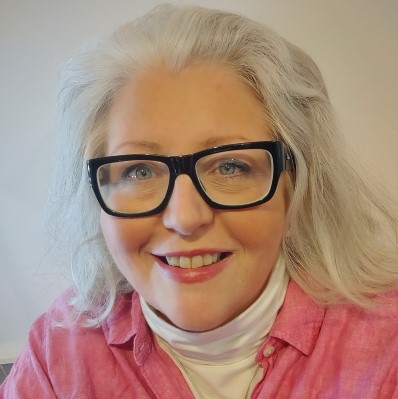
Camille Mendler

Camille Mendler has more than 25 years of multi-disciplinary experience in the digital economy and a global remit to anticipate key shifts in B2B demand patterns, with a current focus on how 5G is disrupting enterprise ecosystems.
Her consultancy projects address go-to-market challenges, including identifying buyer segments, creating effective value propositions, and determining the optimal sales channel mix. Her areas of expertise include managed and professional services, cloud and SaaS, and private networks.
During her tenure at Omdia, Camille has launched SoHo, SME, and Enterprise Verticals intelligence services. She serves as a judge for the GSMA’s GLOMO Awards and TM Forum’s Excellence Awards.
Camille has advised organizations including the International Telecommunications Union, Open Society Foundations, and the World Bank. She has also worked as a telecom contract negotiator, expert witness in dark fiber matters, and technology journalist.
Camille won a research fellowship in Russian Area Studies from Georgetown University and holds a bachelor’s degree in journalism and Russian from Northwestern University.
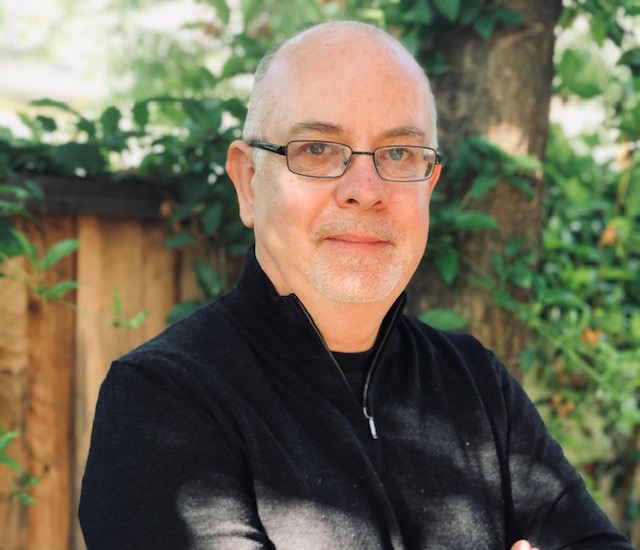
Chris Dick

Dr. Chris Dick is a Senior Distinguished Engineer at NVIDIA, working on the application of artificial intelligence and machine learning to 5G and 6G wireless. He is part of the team developing algorithms, system architecture, design methodologies, and real-time over-the-air testbeds to enable the path from AI/ML simulation flows to real-time operation.
In his 35 years working in signal processing and communications, he has worked on silicon and software products for radar, 3G, 4G, and 5G baseband DSP and DOCSIS cable access, and FPGA and vector processor architectures. His research is in the area of 6G architecture, ML model architecture, channel coding, design flows for GPU signal processing systems, and digital front-end (DFE) technology for cellular systems, with a particular emphasis on digital pre-distortion for power amplifier linearization. Chris has also worked extensively on silicon architecture and compilers for machine learning and parallel architectures.
Prior to moving to Silicon Valley in 1998, he was a tenured academic in Melbourne, Australia, for 13 years. He has over 250 publications and 100 patents. From 1998 to 2020, he was a Fellow and the DSP Chief Architect at Xilinx.
Chris is the Chair of the AI-for-RAN Working Group in the AI-RAN Alliance, and he serves on the Board of Directors for the OpenAirInterface Software Alliance. In 2018, he was awarded the IEEE Communications Society Award for Advances in Communication for research in the area of full-duplex wireless communication.
.jpg)
Danijela Cabric
.jpg)
Danijela Cabric is a Professor in the Electrical and Computer Engineering Department at the University of California, Los Angeles. She received her M.S. from the University of California, Los Angeles in 2001 and her Ph.D. from the University of California, Berkeley in 2007, both in Electrical Engineering. In 2008, she joined UCLA as an Assistant Professor, where she leads the Cognitive Reconfigurable Embedded Systems Lab.
Her current research projects focus on novel radio architectures, signal processing, communications, machine learning, and networking techniques for spectrum sharing, 5G millimeter-wave, massive MIMO, and IoT systems. She has served as a principal investigator in three large cross-disciplinary multi-university centers, including SRC/JUMP ComSenTer, CONIX, and NSF SpectrumX.
Prof. Cabric has received numerous awards, including the Samueli Fellowship (2008), the Okawa Foundation Research Grant (2009), the Hellman Fellowship (2012), the National Science Foundation Faculty Early Career Development (CAREER) Award (2012), and the Qualcomm Faculty Award (2020 and 2021). She is an IEEE Fellow.
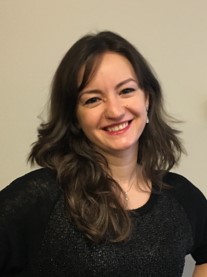
Diana Pani

With nearly 20 years of experience driving the evolution of wireless standards, Diana is a celebrated contributor to the design, development, and standardization of foundational 3GPP technologies like radio access protocols. Since 2008, Diana has been a leading contributor to 3GPP RAN2 meetings, and in 2023, Diana was elected to Chair 3GPP RAN2, the first woman to hold this role. She was re-elected in 2025. Diana’s expertise has shaped the development of 5G standards, and she is also recognized as an expert in 3G and 4G radio access technologies, notably L2/L3 protocol and L1 system design.
Alongside her standards leadership, Diana also leads the Wireless Standards team at InterDigital and is a prolific inventor. Diana is an innovation-driven engineer whose expertise contributes significantly to the technical evolution of cellular networks. Through consistent research and standards leadership, Diana has actively shaped the advancements of wireless technology, from 3G to the design and development of 6G.
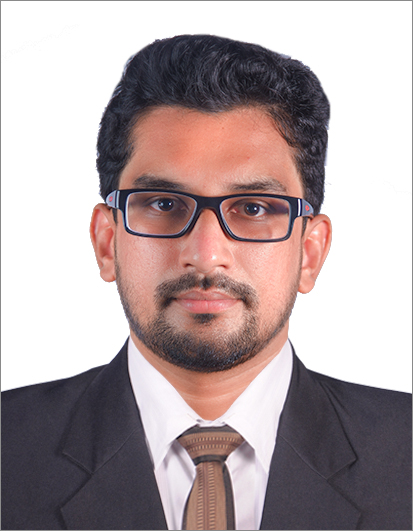
Dimuthu Lesthuruge

Doctoral student at the University of Oulu, specializing in AI-driven digital predistortion (DPD) for power amplifier linearization. My research focuses on integrating domain knowledge with machine learning to develop efficient DPD algorithms that minimize computational complexity and enhance the practicality of hardware implementations.
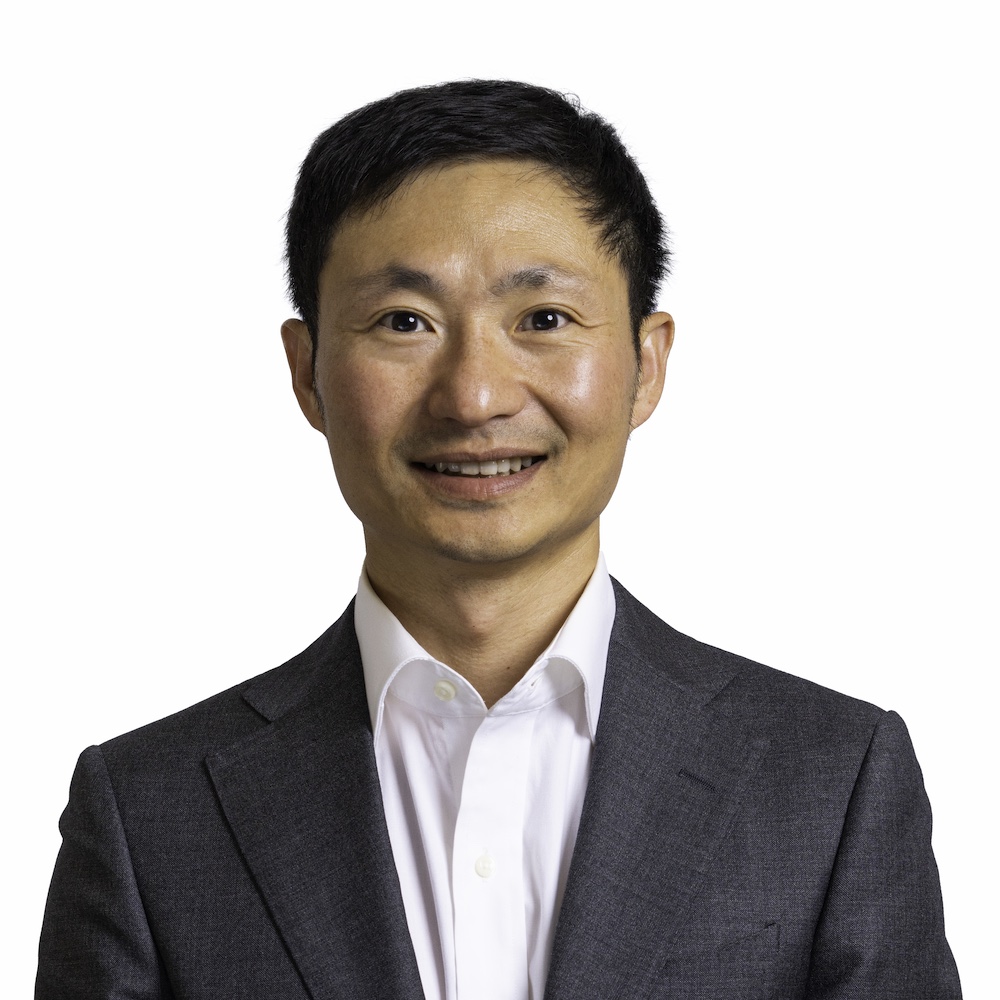
Dongning Guo

Dongning Guo received his Ph.D. degree in Electrical Engineering from Princeton University. In 2004, he joined Northwestern University in Evanston, Illinois, where he is currently a Professor in the Department of Electrical and Computer Engineering. He is also a Research Partner with SpectrumX, an NSF Spectrum Innovation Center.
His research interests include wireless networks, blockchain and decentralization, information theory, and machine learning. He received the NSF CAREER Award in 2007, the IEEE Marconi Prize Paper Award in Wireless Communications in 2010, the Best Paper Award from the IEEE Wireless Communications and Networking Conference in 2017, and the 2023 Bitcoin Research Prize. He also led teams that reached the final matches of the DARPA Spectrum Challenges in both 2014 and 2019.
Dr. Guo has served as an Associate Editor for IEEE Transactions on Information Theory and IEEE Transactions on Wireless Communications, an Editor for Foundations and Trends in Communications and Information Theory, and a Guest Editor for the IEEE Journal on Selected Areas in Communications. He is a Fellow of the IEEE.
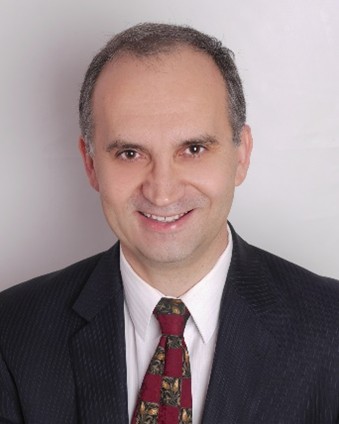
Doru Calin

Dr. Calin is AVP, Head of the MediaTek USA Wireless Research Center, and the Lead Research Scientist for 6G. In this role, he leads MediaTek’s advanced research for next-generation wireless technologies.
He has been actively involved in the IEEE community, serving as an Editor of the IEEE Wireless Communications and as an Associate Editor of the IEEE Communications Letters. He has also served as an Editorial Board Member of Springer’s Wireless Networks journal.
Dr. Calin received his M.S. degree in Electrical Engineering from the Politehnica University of Bucharest, Romania, and his Ph.D. (High Honors) in Computer Science from the Université.
.jpg)
Doug Castor
.jpg)
Douglas Castor is Head of Wireless Research at InterDigital, where he leads the incubation and development of emerging technologies for wireless systems. He has over 25 years of experience in the wireless industry, spanning both product development and research innovations for 3G through 6G cellular and Wi-Fi technologies.
Key topics currently under Doug’s leadership include AI-native approaches for 6G, enhancing performance through extreme MIMO and coding techniques, enabling “near zero power” cellular modems, and the integration of communication and computing systems.
Doug is an industry leader with elected positions as Co-Chair of the Next G Alliance’s Steering Committee and Vice-Chair of its National 6G Roadmap Working Group. He is also a founder and leader of the annual 6G World 6G Symposium held in Washington, D.C., each year.
.png)
Douglas Knisely
.png)
Douglas Knisely is a Senior Director of Technical Standards at Qualcomm, where he focuses on driving the success of Open RAN in various industry organizations, and on advocating for effective policies, tools, methodologies, and licenses for open source software in standards development organizations.
His efforts have led to greater cooperation among major software communities and industry standards organizations to coordinate 5G RAN, Core Network, and Open RAN software stacks. He serves on the Governing Board of the Linux Foundation Networking (LFN) and the advisory boards of the Open Air Interface and the Open Air Interface Foundation.
He is an active technical contributor in the O-RAN Alliance, where he is currently one of the co-chairs of the Software Development Focus Group, and to spectrum sharing industry standardization activities, including serving as an active contributor and member of the Board of Directors for the WInnForum.
He has an extensive background in cellular industry standards, having led several radio and core network efforts in 3GPP2, 3GPP, Broadband Forum, Small Cell Forum, and other groups. Douglas played a key role in driving the initial Femtocell standardization activities for 3GPP and 3GPP2 3G and 4G radio technologies and Femtocell device management, and made significant contributions to the seminal industry standards for Femtocells and Small Cells, as well as leading MAC standardization for cdma2000 2G, 3G, and 4G radio standards.
His early career activities included architecture and development management for early multiprocessor blade computing systems and communications and protocol architecture, design, and implementation.
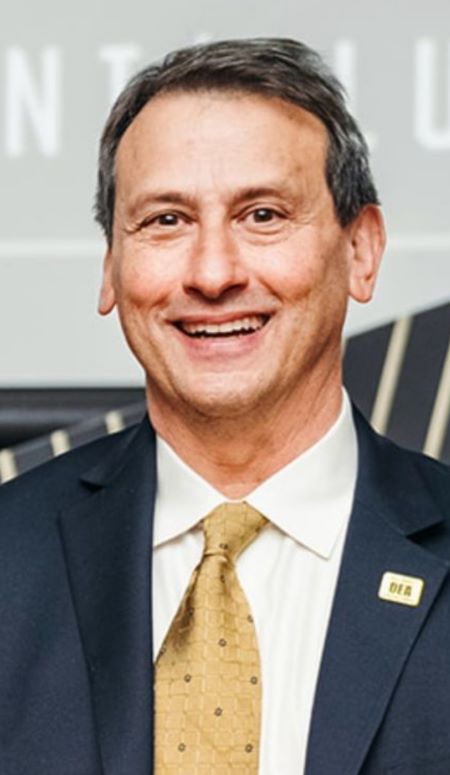
Dr. Ted Rappaport

Theodore (Ted) S. Rappaport (tsr@nyu.edu) is the David Lee/Ernst Weber Professor in Electrical and Computer Engineering at the Tandon School of Engineering at New York University (NYU), and is also a professor in the NYU Courant Computer Science Department and the NYU Grossman School of Medicine. He founded the NYU WIRELESS research center in 2012, as well as the wireless research centers at the University of Texas at Austin (WNCG) and Virginia Tech (MPRG) earlier in his career.
He has authored or co-authored widely used textbooks on wireless communications, millimeter-wave communications, smart antennas, and simulation. He has provided foundational knowledge for wireless system design and radio propagation channels used to create the IEEE 802.11 Wi-Fi standard, the first U.S. digital TDMA and CDMA standards, and the first public Wi-Fi hotspots. He also led the global adoption of millimeter-wave and sub-terahertz frequencies for 5G, 6G, and beyond.
His work influenced the Federal Communications Commission (FCC) to open the world’s first mobile telephone spectrum in the millimeter-wave bands between 2014 and 2016 as part of the FCC Spectrum Frontiers ruling. He again led the FCC to open spectrum in the sub-terahertz bands above 95 GHz through the FCC Spectrum Horizons ruling between 2018 and 2019.
Prof. Rappaport founded two businesses that were later sold to publicly traded companies — TSR Technologies, Inc., which pioneered software-defined radios for cellphone/paging over-the-air intercept and the first Emergency-911 (E911) cellphone position location system, and Wireless Valley Communications, Inc., a leader in site-specific wireless deployment. He also served as an advisor to Straight Path Communications, which sold 5G millimeter-wave spectrum to Verizon.
He is a licensed Professional Engineer and a member of the Wireless Hall of Fame, the U.S. National Academy of Engineering, and a Fellow of the U.S. National Academy of Inventors. He is a recipient of IEEE’s Eric Sumner Award and a life member of the American Radio Relay League. His ham radio call sign is N9NB.
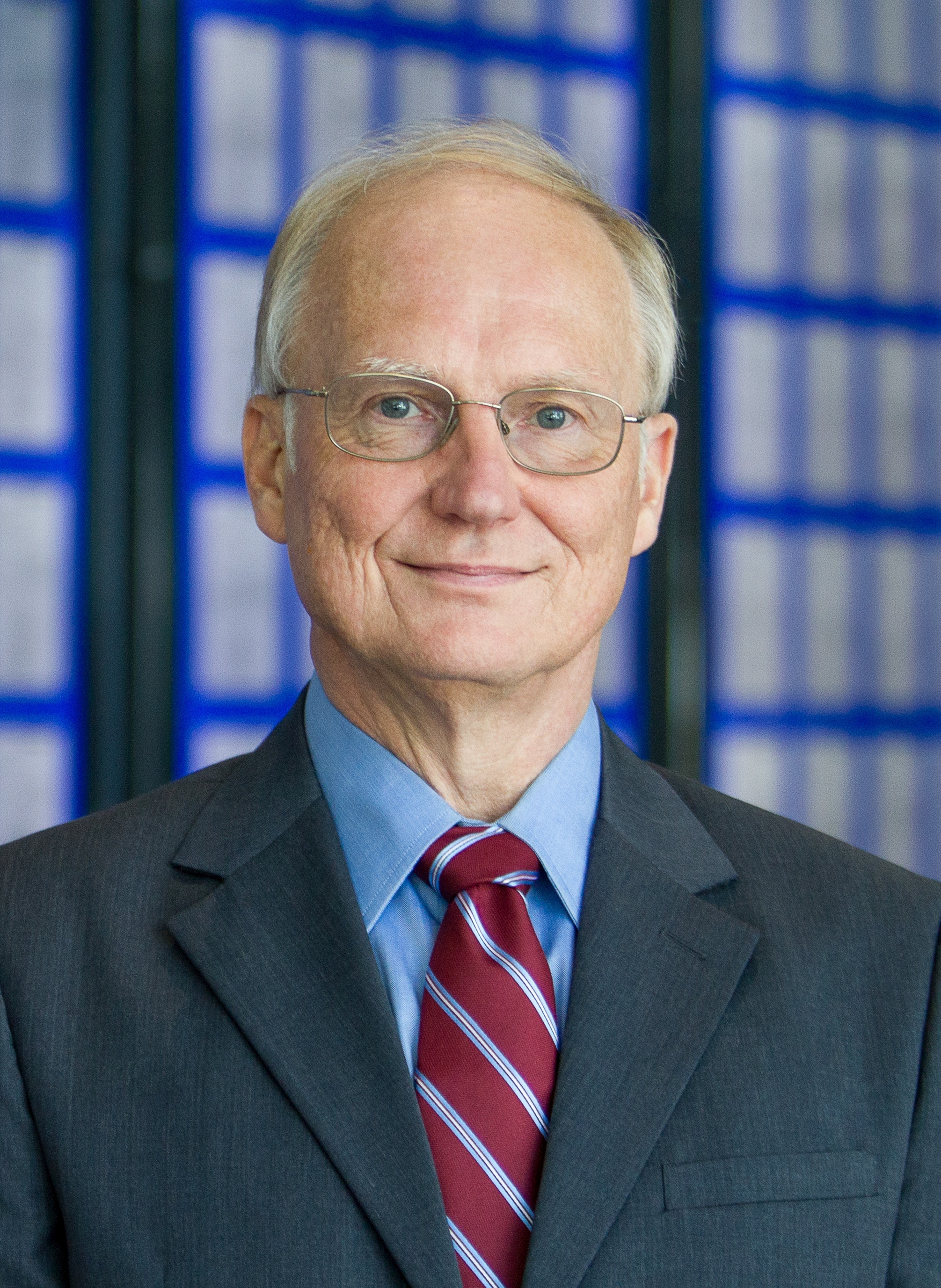
Ed Tiedemann

Dr. Edward G. Tiedemann, Jr. is an IEEE Fellow, a Qualcomm Fellow, and a Senior Vice President of Engineering at Qualcomm Technologies, Inc. He created Qualcomm’s worldwide standardization and industry organization activities, which he led until he stepped back last year to focus on technical issues. Dr. Tiedemann has been active in every “G” since his instrumental work in the design and development of the TIA/EIA/IS-95 CDMA system, also called cdmaOne™.
Dr. Tiedemann holds 300 granted U.S. patents and has participated in many papers, conference lectures, and industry panels. He is interested in multiple topics in communications, including 6G, NTN, IoT, V2X, and spectrum.
Dr. Tiedemann holds the Ph.D. degree from MIT, where he worked in the areas of queueing theory and communications networks. He also holds a Master of Science degree from Purdue University and a Bachelor of Science degree from Virginia Polytechnic Institute and State University (Virginia Tech).
Prior to becoming involved with terrestrial wireless communications, Dr. Tiedemann worked on numerous commercial and military satellite systems. From 1977 to 1988, Dr. Tiedemann was at MIT Lincoln Laboratory, where he worked on communications system and modem design for mmWave satellite communications systems.
Dr. Tiedemann currently serves as a member of the Next G Alliance Research Council, the Purdue University Semiconductor Degrees Leadership Board, the Advisory Board of the Purdue University School of Electrical and Computer Engineering, the Hong Kong University of Science and Technology (HKUST) School of Engineering Advisory Committee, and the International Advisory Panel of the Singapore Future Communications Research & Development Programme. He also serves in several positions within the IEEE.
Dr. Tiedemann is past Chairman of the Advisory Board of the College of Engineering at Virginia Tech and was General Chair of IEEE GLOBECOM 2015. He is also a member of the Board of Trustees of the Peabody Essex Museum and a member of the Board of Trustees of the Concord Museum. He has received numerous recognitions, including the Robert M. Walp Industry Humanitarian Award from the IEEE Communications Society.

Edward Knapp

Ed Knapp is Liberty Technology Partners’ CEO, a privately owned technology consulting firm founded in 2017. In September 2025, Ed retired as American Tower’s Chief Technology Officer, where he oversaw the company’s global innovation program, technology investments, and strategy for the wireless and data center platforms. Before joining American Tower in 2017, he served as Senior Vice President of Engineering at Qualcomm/Flarion. There, he led a global team focused on pioneering 5G research and silicon products.
Ed’s start-up experience includes his role as Chief Technology Officer at software provider Packet Video Corporation and as a co-founder and CTO of wholesale network and spectrum owner NextWave Telecom, Inc. Additionally, Ed served as Executive Director of Technical Services for Bell Atlantic/NYNEX Mobile (Verizon Wireless). His early engineering experience was in naval radar and optical networks.
He currently serves on the Board of Directors of AST Space Mobile, a public NASDAQ corporation, and is a Board Director for the non-profit Center for Automotive Research (CAR). Ed is an advisor to several start-ups and a member of the CEAS Dean’s Advisory Council at Stony Brook University and Rutgers University. He holds five U.S. patents. He earned an M.B.A. from Columbia University, a Master of Science in Electrical Engineering from Polytechnic University (NYU) in New York, and a Bachelor of Science in Electrical Engineering from Stony Brook University.
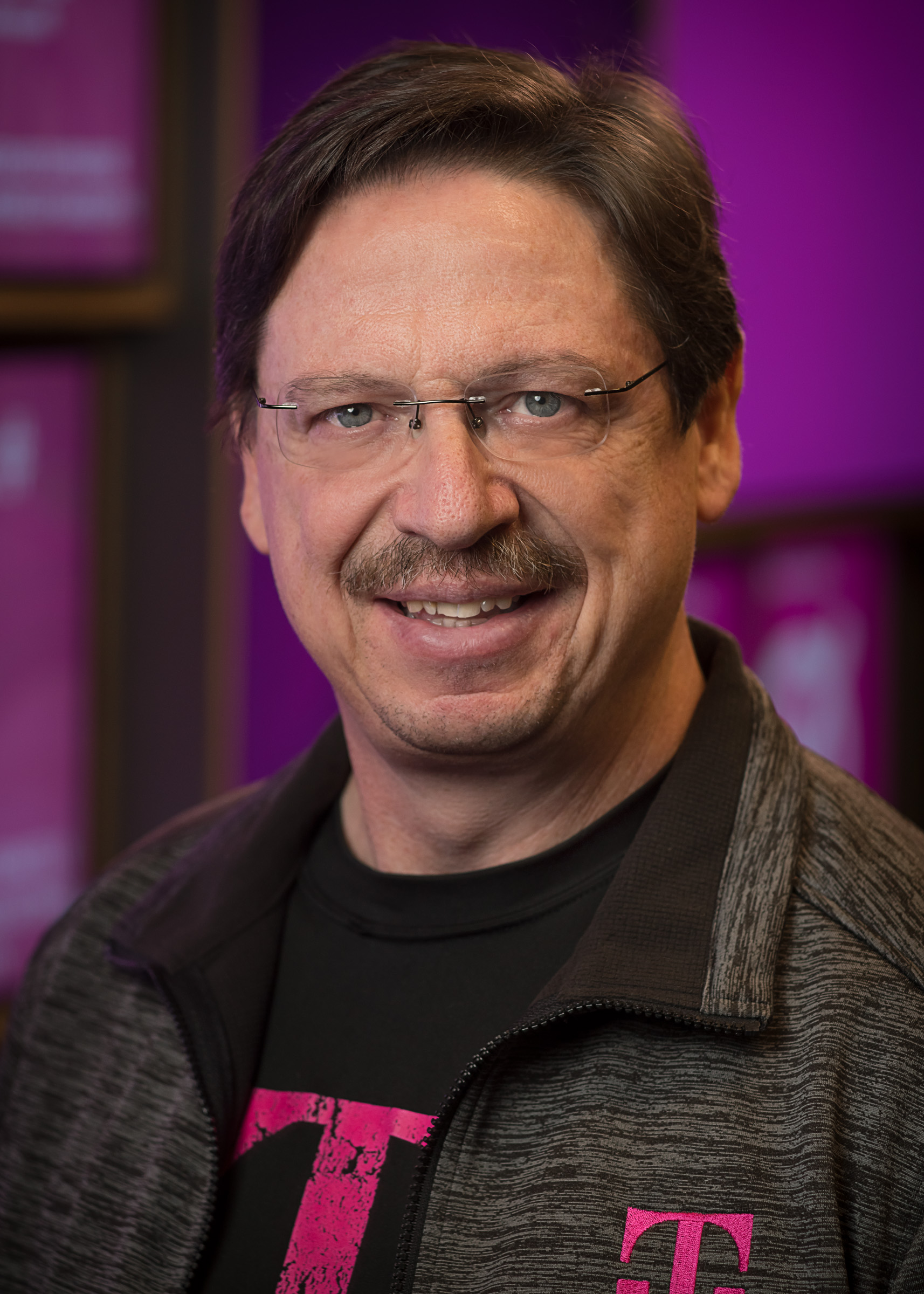
Egil Gronstad

Egil Gronstad is the Senior Director of Technology Development and Strategy for T-Mobile US. In this role, Egil leads Advanced Technology Development and Strategy activities focusing primarily on 5G Advanced, 6G, architecture, and various emerging technologies. He is also responsible for leading spectrum evaluations and strategies and guiding related standards activities to ensure long-term alignment between business objectives, standards, spectrum, technologies, and the broader ecosystem.
Egil has over 30 years of experience in product marketing, product development, and technology management in the mobile wireless industry. Prior to joining T-Mobile, he held leadership roles in technology, marketing, and strategy as Vice President for Cricket Wireless, Clearwire, and Ericsson.
Egil has a proven track record in defining, developing, and introducing new technologies for the wireless telecommunications market and has been a featured speaker at various industry conferences. He is a graduate of the University of California, Santa Barbara, where he received his Bachelor’s degree in Electrical Engineering and Computer Science.
.jpg)
Glenn Reynolds
.jpg)
Glenn Reynolds is Nokia’s Vice President for Government Affairs, Americas. In this role, he heads the company’s Washington, D.C. office and leads its engagement with Congress, the Executive Branch, and the Federal Communications Commission (FCC).
Glenn has extensive experience in communications policy, having served in senior positions in both industry and government. As Chief of Staff for the National Telecommunications and Information Administration (NTIA), Glenn supported the Assistant Secretary in the agency’s role as principal advisor to the president on communications policy. This included the agency’s efforts in the areas of spectrum, broadband, and internet policy. He previously held a number of senior positions at the FCC, including Deputy Chief of the Wireline Bureau.
On the industry side, Glenn is an experienced public policy advocate for companies in the communications sector. He served as Regulatory Vice President for both BellSouth and USTelecom, with responsibility for leading policy advocacy at the FCC and Executive Branch agencies. Glenn has also headed government affairs for the Alliance for Telecommunications Industry Solutions (ATIS) and iconectiv.
He holds both an undergraduate and a law degree from the University of Virginia.
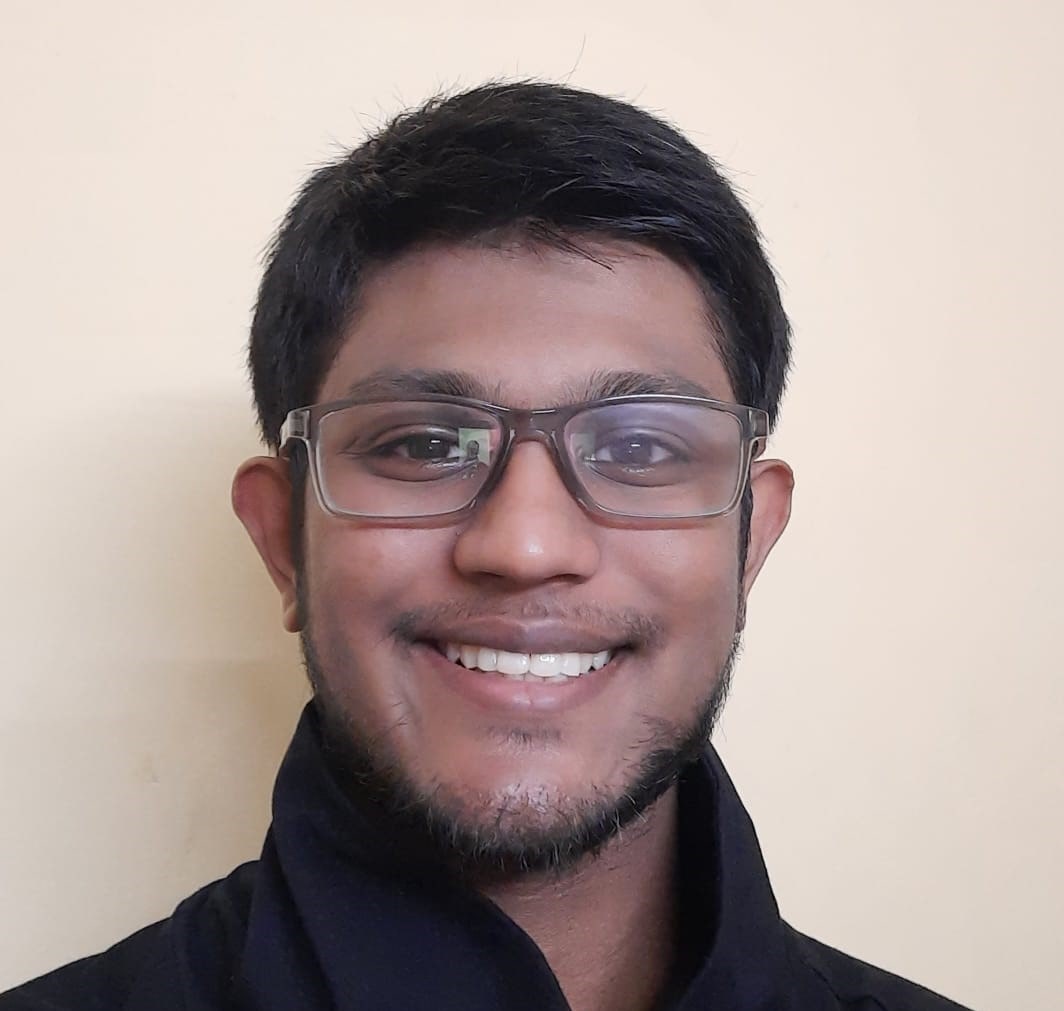
Hariharan Venkat

Hariharan Venkat is a third-year Ph.D. student at the Wireless Information Networks Laboratory (WINLAB), Rutgers University, under the supervision of Dr. Narayan Mandayam. His research interests include physical layer security, passive spectrum coexistence, and privacy in IoT devices.
Hariharan received his bachelor’s degree in Electrical Engineering from the Birla Institute of Technology and Science, Pilani, in 2023.
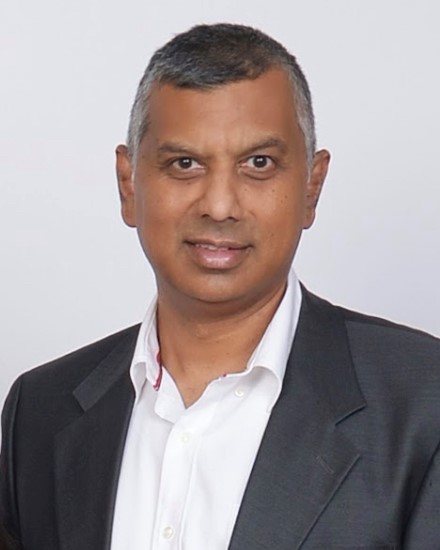
Harish Viswanathan

Dr. Harish Viswanathan is the Head of the Radio Systems Research Lab at Nokia Bell Labs. He received his B.Tech. degree from the Department of Electrical Engineering at the Indian Institute of Technology Madras, Chennai, India, and his M.S. and Ph.D. degrees from the School of Electrical Engineering at Cornell University, Ithaca, NY.
Since joining Bell Labs, he has worked extensively on wireless research spanning from the physical layer to network architecture and protocols. His work includes multiple antenna technology for cellular wireless networks, multi-hop relays, network optimization, network architecture, and IoT communications. He has published extensively, with over 150 publications to his credit.
From 2007 to 2015, Dr. Viswanathan was part of the Corporate CTO organization, where, as a CTO Partner, he advised the Corporate CTO on technology strategy through in-depth analysis of emerging technologies and market needs.
He is a Fellow of the IEEE and a Bell Labs Fellow.
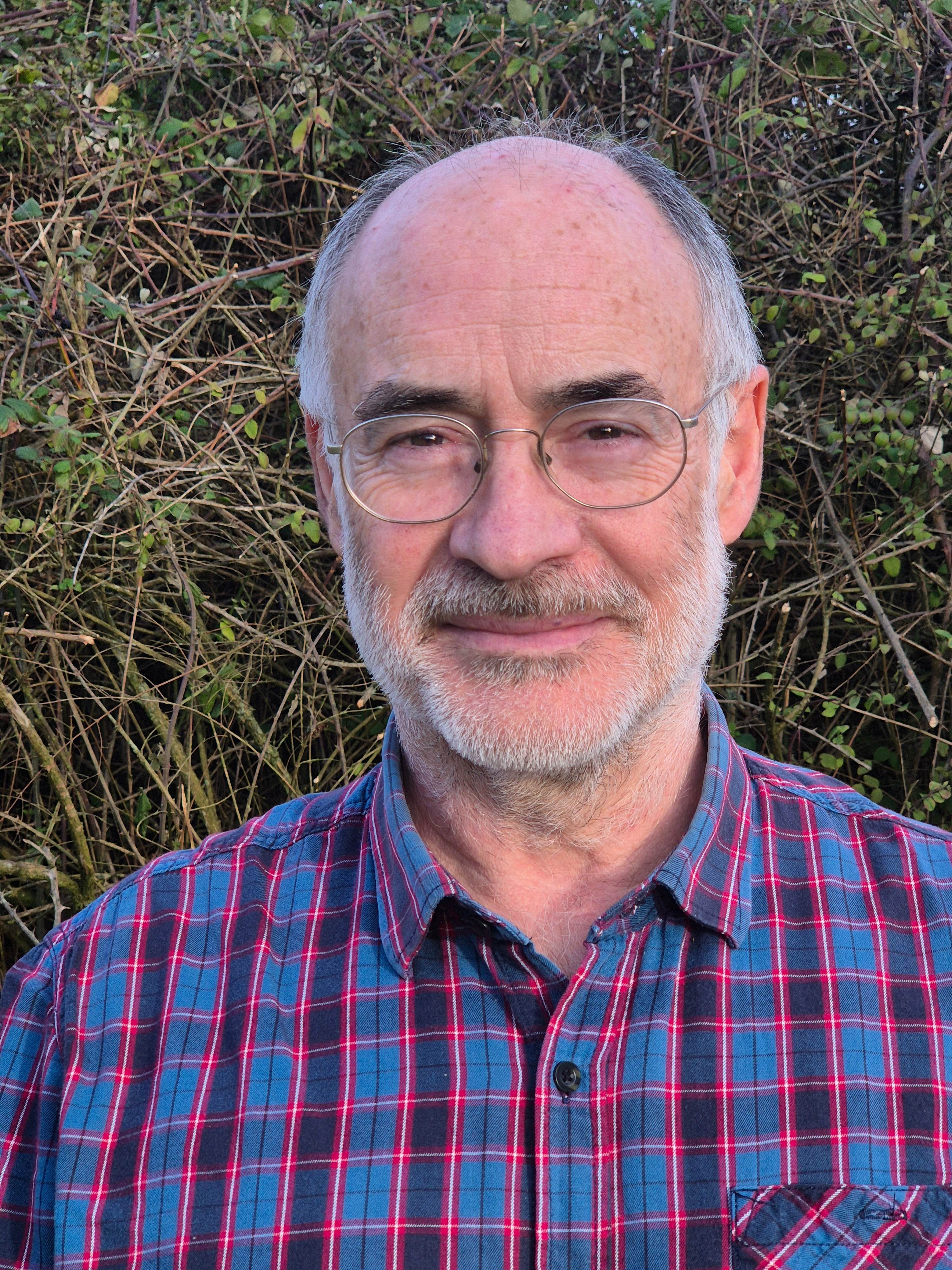
Howard Thomas

Howard is a mobile telecommunications technologist with 30 years’ experience, including mobile radio standardisation, testing, network optimisation, base station manufacture, government research, and defence equipment manufacture. Employed by VIAVI, he researches disaggregated 5G & 6G RAN. Additionally, he provides independent consultancy services to organisations around the world.
Inventor on 75 patent families, author of 2 book chapters & over 20 publications.
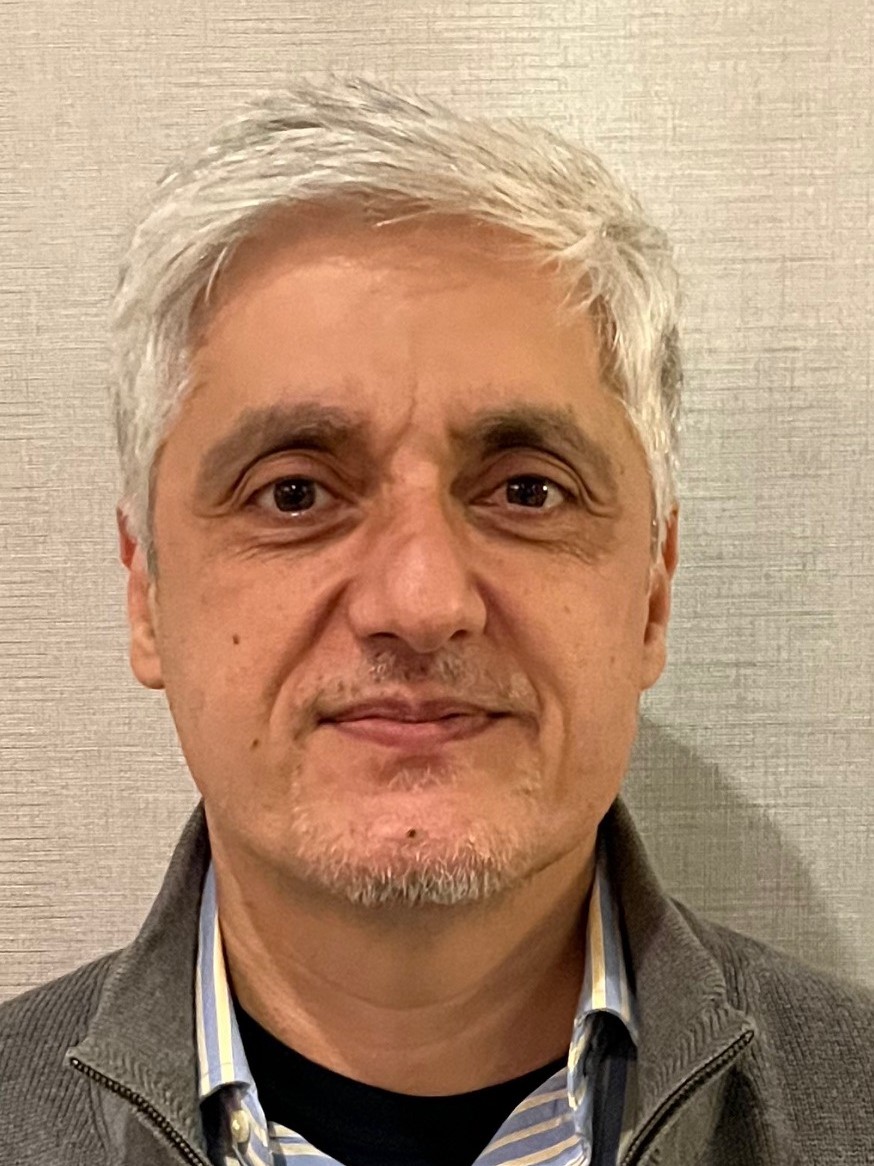
Ishaq Mian

Dr. Ishaq Mian is a power system telecommunications expert, currently serving as the Principal Technical Leader at the Electric Power Research Institute (EPRI). At EPRI, he is a key member of the team leading innovative research and development projects focused on creating reliable, resilient, secure, and affordable communications to enable grid modernization.
His extensive experience includes senior engineering and management roles at Hydro One, Redline Communications, Nokia, and Ericsson, where he led teams in developing and delivering critical communications solutions for the energy and utilities sector.
Dr. Mian holds a Doctor of Engineering in Engineering Management from George Washington University, an MBA from York University, and a Master of Engineering in Computer Networks from Toronto Metropolitan University.
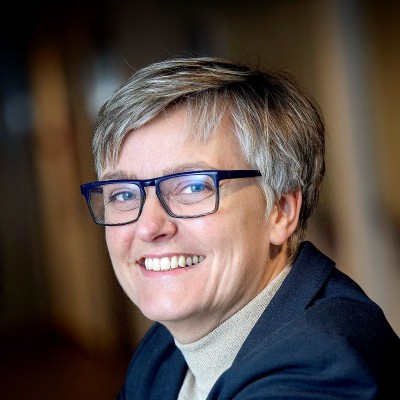
Jane Rygaard

Jane has a passion for digitization and how technology changes our lives and enables new business. In her current role, she leads strategic partnerships across Nokia and focuses on how partnerships provide a collaborative advantage for the wider ICT industry.
She has a long background in telco IT solutions and the global mobile networks market. In recent years, she has focused on how partnerships create a collaborative advantage as AI, 6G, and quantum technologies change our technology landscape.
.png)
Jason Aspiotis
.png)
Jason is the Global Director of In-Space Data & Security at Axiom Space, where he leads the development, strategy, and monetization of orbital data centers for commercial, civil, and defense and security applications in Earth-independent cloud computing, cybersecurity, quantum technologies, and AI/ML.
He has over 20 years of experience in technical, organizational, and project leadership, R&D, systems engineering, strategy, finance, and business development across the space, defense, and financial technology industries.
Prior to joining Axiom, Jason served as CEO of Finsophy, Senior Associate at Booz Allen Hamilton, and Chief Engineer at Raytheon. He holds a B.S. in Astrophysics, an M.S. in Physics, and an M.S. in Engineering Management.
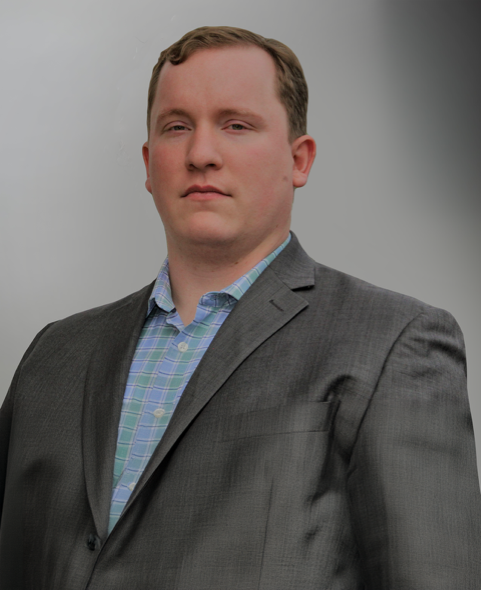
Jaydee Griffith

Jaydee Griffith is the Managing Director of ATIS’ Next G Alliance, where he leads NGA’s “research-to-realization” agenda for North American leadership in 6G.
Prior to joining ATIS, Griffith was Chief Technologist for the Public Wireless Supply Chain Innovation Fund — the $1.5 billion federal grant program to advance open, interoperable, and innovative radio access network solutions for 5G and beyond. He also provided technical expertise in the development of U.S. Government telecom policy relating to 5G technology and open/interoperable networks.
Before his role in the NTIA policy offices, Jaydee worked with the NTIA Institute for Telecommunication Sciences, where his research focused primarily on 5G system architecture standards and testing, the Internet of Things, smart agriculture, public safety communications, and V2X.
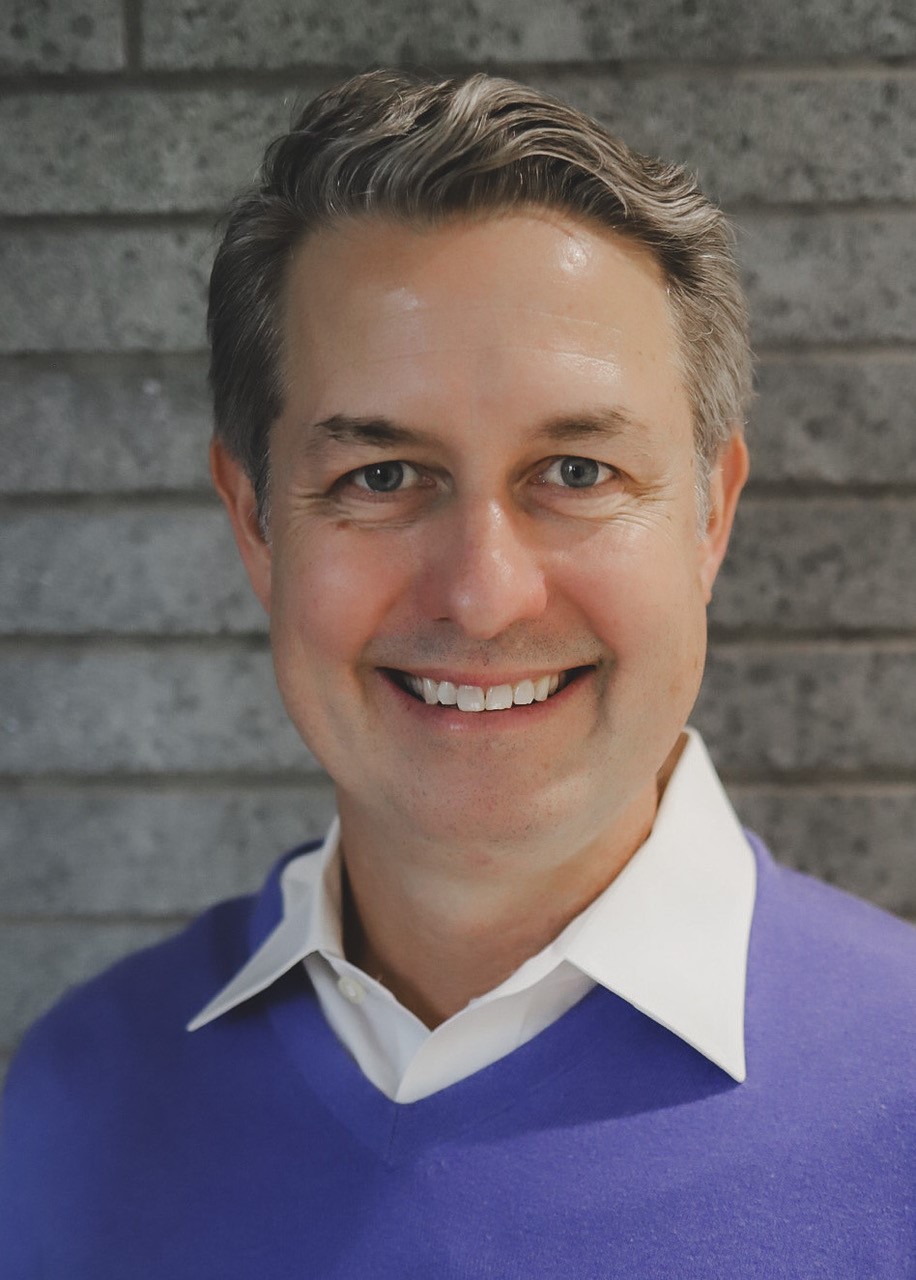
Jeff Andrews

Jeffrey Andrews received his B.S. in Engineering with High Distinction from Harvey Mudd College, and his M.S. and Ph.D. in Electrical Engineering from Stanford University. He is the Truchard Family Endowed Chair in Engineering at the University of Texas at Austin, where he serves as Director of 6G@UT and conducts research on advanced wireless communication systems.
Dr. Andrews is an IEEE Fellow and an ISI Highly Cited Researcher. He has been the co-recipient of over 16 best paper awards, the 2015 Terman Award, the NSF CAREER Award, the 2021 Gordon Lepley Memorial Teaching Award, the 2021 IEEE ComSoc Joe LoCicero Service Award, and the 2019 IEEE Kiyo Tomiyasu Technical Field Award.
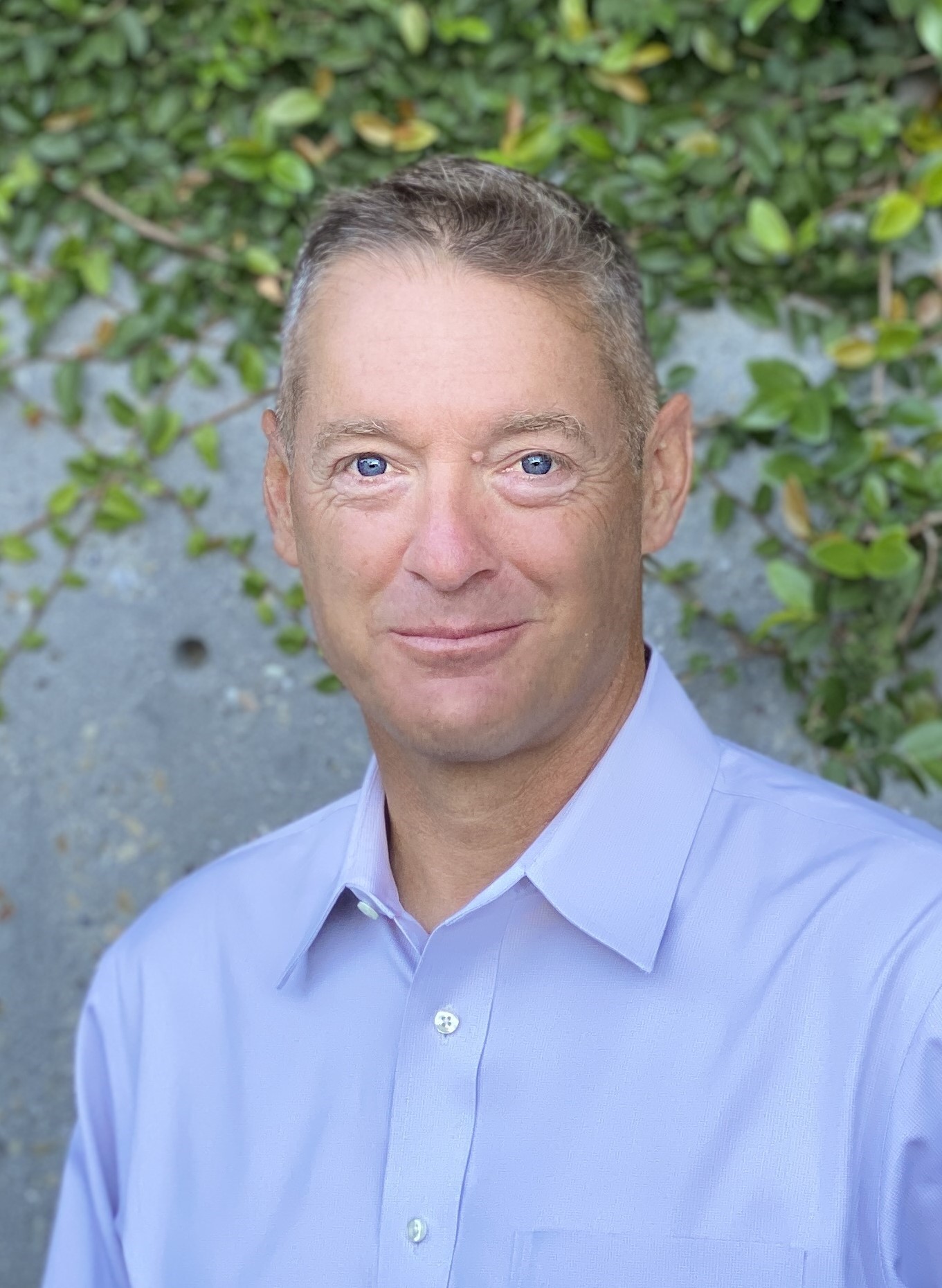
Joe Madden

Joe Madden founded Mobile Experts and serves as the lead analyst. Over the past 30 years, Mr. Madden has accurately predicted Digital Predistortion, Remote Radio Heads, Small Cells, and 5G Fixed Wireless, as well as provided accurate growth forecasts for IoT, Virtual RAN, and Open RAN.
He has worked as an RF engineer and managed product lines in both mobile infrastructure and handset components. He has also served as an interim CEO, successfully returning a struggling company to profitability.
Joe leads the Mobile Experts team in the analysis of wireless communications and is currently investigating 6G, device-to-device (D2D) communication, and AI-for-RAN.
He studied Physics and Business at UCLA and Stanford. He says that, despite 30 years in Silicon Valley, he still obeys the laws of physics.
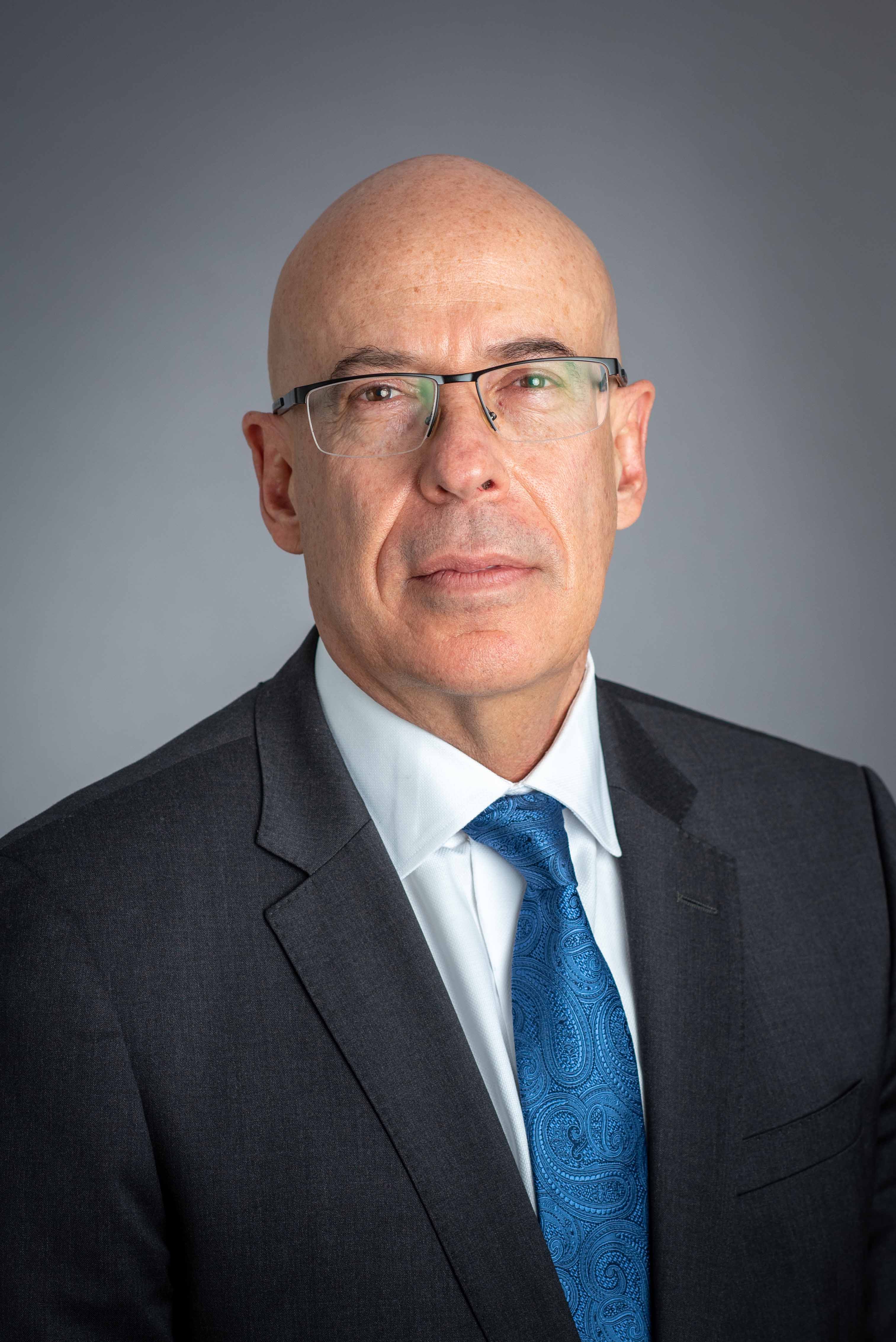
Juan De Pablo

Dr. de Pablo is the inaugural Anne & Joel Ehrenkratz Executive Vice President for Global Science and Technology at NYU and the Executive Dean of NYU’s Tandon School of Engineering. In these roles, he leads cross-university, multidisciplinary, and globally focused initiatives aimed at accelerating NYU’s science and technology enterprise to address humanity’s most pressing challenges.
A renowned leader in materials science, his research focuses on the thermophysical properties of soft materials and molecular engineering. He is a member of the National Academy of Sciences and the National Academy of Engineering, and a fellow of both the American Academy of Arts and Sciences and the American Physical Society.
He earned his Ph.D. in Chemical Engineering from the University of California, Berkeley.

Justin Hotard

Justin is a passionate believer in the power of technology to solve global challenges and advance human progress. Throughout his career, Justin has driven innovation, technology leadership, and shareholder value creation at global tech companies.
Justin was appointed as Nokia’s President and CEO on April 1, 2025. Prior to Nokia, he was at Intel as Executive Vice President and General Manager of the Data Center & AI Group. In this role, he was responsible for a significant expansion of Intel’s data center and AI business.
Between 2015 and 2024, Justin worked for Hewlett Packard Enterprise (HPE), rising through several leadership roles and serving as a member of the executive committee. His last role was Executive Vice President and General Manager of High-Performance Computing, AI & Labs. In this role, he delivered the world’s first exascale supercomputer for the U.S. Department of Energy, and he positioned the company to be at the forefront of AI, quantum computing, and sustainability research.
Previously, Justin held several leadership positions at NCR Corporation and Symbol Technologies. He started his career at Motorola, where he was an engineer deploying mobile networks for U.S. carriers.
Justin holds an MBA from the MIT Sloan School of Management and a Bachelor of Science in Electrical Engineering from the University of Illinois Urbana-Champaign.
.jpg)
Kaushik Chowdhury
.jpg)
Kaushik Chowdhury holds the Chandra Family Endowed Distinguished Professorship in Electrical and Computer Engineering #2 at The University of Texas at Austin, where he is a member of the Wireless Networking and Communications Group (WNCG). He earned his B.Eng. from VJTI Mumbai, his M.S. from the University of Cincinnati, and his Ph.D. from the Georgia Institute of Technology.
Prior to joining UT Austin, he served for fifteen years as a professor at Northeastern University in Boston. His research spans applied machine learning for wireless systems, including deep learning for spectrum sensing and sharing, RF cybersecurity, multimodal sensor fusion, and digital twins. He is a Fellow of the IEEE.
His work has been recognized with major honors, including being a finalist for the 2023 U.S. Blavatnik National Awards for Young Scientists, the U.S. Presidential Early Career Award for Scientists and Engineers (PECASE), the DARPA Young Faculty Award, the ONR Director of Research Early Career Award, and the NSF CAREER Award. He has received best paper awards at leading venues such as IEEE INFOCOM, ICC, DySPAN, and GLOBECOM.
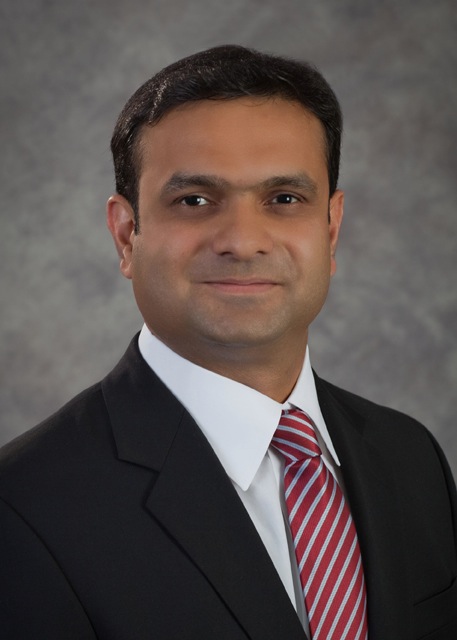
Kuntal Chowdhury

Mr. Kuntal Chowdhury is the 6G Technology Evangelist at NVIDIA. In this role, he is responsible for driving 6G strategy by enabling the global research and development community. Mr. Chowdhury also serves as Chair of the Technical Steering Committee at the AI-RAN Alliance and holds a board membership at ATIS.
Most recently, Mr. Chowdhury was responsible for building products and solutions at Mavenir, utilizing cutting-edge Big Data analytics and AI/ML-based applications for network automation and Edge AI. Before that, he co-founded Altiostar, a virtual RAN pioneer, and was an early employee of Starent Networks, a packet core innovator later acquired by Cisco.
At Cisco, Mr. Chowdhury held a business role where he defined Cisco’s mobile internet strategy. Over his illustrious career, he has contributed to leading standards organizations such as 3GPP, WiMAX, and IETF. He also held technical positions at Nortel and Motorola, where he led systems engineering and RF optimization efforts for large-scale deployments of cellular networks.
Mr. Chowdhury holds a Master of Science and Engineering degree from SMU. He has over 50 granted patents and numerous additional patent applications filed.
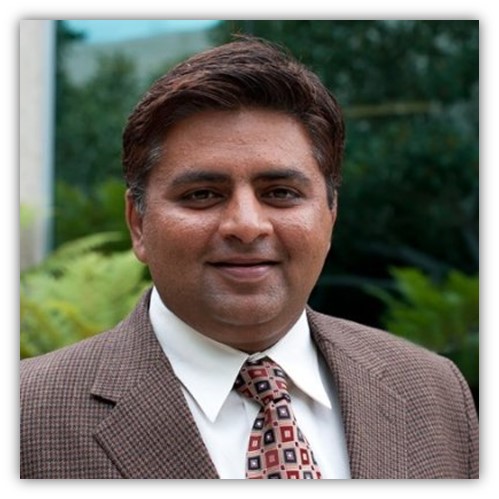
Manish Singh

Manish is a well-respected industry leader with over 25 years of experience, specializing in wireless networks. He is currently the CTO of the Telecom Systems Business at Dell Technologies.
Before joining Dell, Manish was at Meta (formerly Facebook), where he headed the Wireless Ecosystems Program for Open RAN and Open Core Networks. He was heavily involved with the O-RAN Alliance and the Telecom Infra Project (TIP). He currently serves on the ATIS Board and, for three consecutive years, also served on the Board of the Small Cell Forum. Manish is recognized as a thought leader with a strong balance of technological depth and business acumen.
Prior to Meta, Manish was Vice President of Network Services at Tech Mahindra. Before that, he served as CTO at Radisys, where he spearheaded the company’s strategic initiatives in SDN, NFV, and VoLTE (Voice-over-LTE). Earlier in his career, Manish was Vice President of Product Management at Continuous Computing, where he led the startup’s remarkable growth in Small Cells and DPI. He has also held management and architect positions at Intel, Trillium Digital Systems, and C-DOT.
Manish holds an M.S. degree from the Indian Institute of Science (I.I.Sc.), Bangalore. He is a frequent keynote speaker at leading industry events and a thoughtful writer with numerous published papers, books, and articles. Manish also holds multiple patents in the fields of computing and communications.
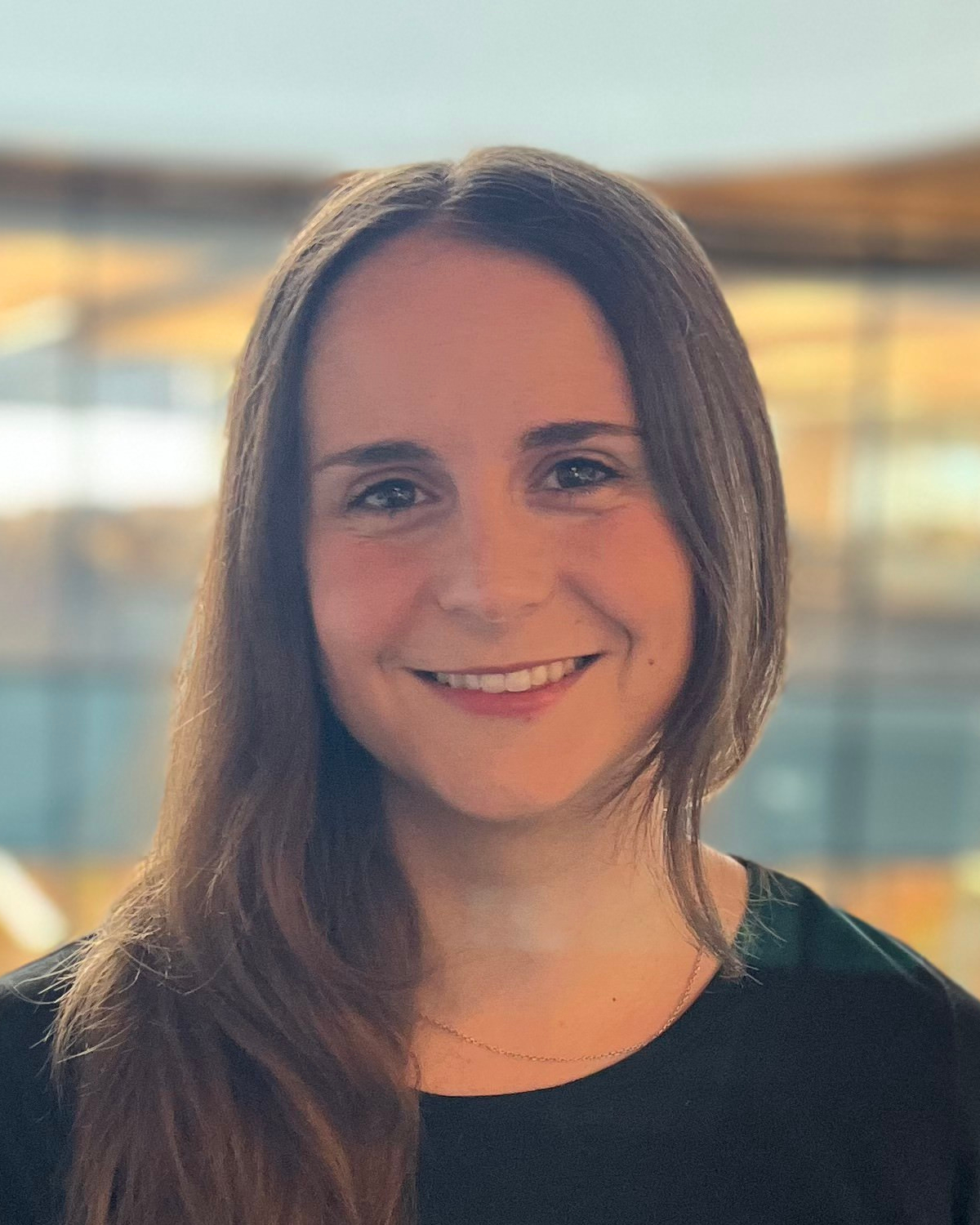
Maria Tsampazi

Maria Tsampazi received her MEng degree in Electrical and Computer Engineering from the National Technical University of Athens, Greece, in 2021. She is a Ph.D. candidate in Electrical Engineering at the Institute for the Wireless Internet of Things at Northeastern University, Boston, MA, USA.
Her research interests focus on NextG wireless networks and intelligent resource allocation in Open RAN. She has received student awards sponsored by the U.S. National Science Foundation, the IEEE Communications Society, and Northeastern University, and is a 2024 recipient of the U.S. National Spectrum Consortium Women in Spectrum Scholarship.
Her experience includes collaborations with the U.S. Department of Transportation and Dell Technologies, as well as an internship with the Nokia Standards and Radio Interface Group in the Greater Chicago Area.
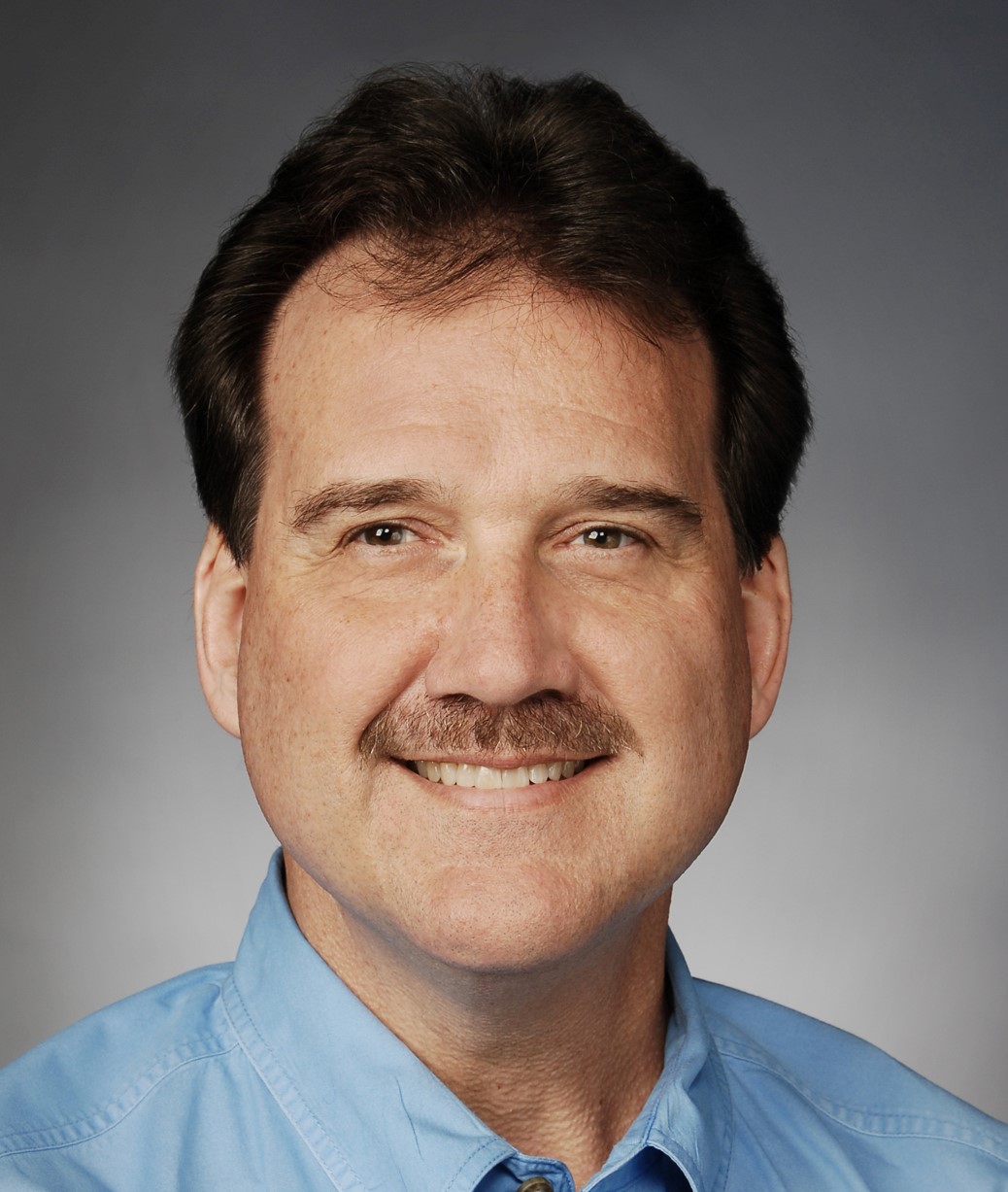
Mark Lipford

Mark Lipford is the head of standards for the First Responder Network Authority (FirstNet Authority). The FirstNet Authority is an independent agency within the U.S. Government that oversees FirstNet, the nation’s communications network dedicated to first responders and the public safety community.
Mark has more than 35 years of experience in the telecommunications industry, including over 30 years in wireless. His experience ranges from field engineering; systems engineering; testing, acceptance, and software validation; product development; systems design; and industry standards.
He has been active in industry standards for over 27 years, where he’s held several leadership positions, including Global Platform Board of Directors, Small Cell Forum Board of Directors, Chairman of the GSMA North American Regional Interest Group, At-Will Member of the GSMA Technology Committee, Chair of the GSMA Industry Approving Group, 5G Americas Executive Committee, NGMN Board, and NGMN 5G Board Committee, among others.
He has worked on all five current generations of wireless technology and is currently active in 3GPP on 6G.
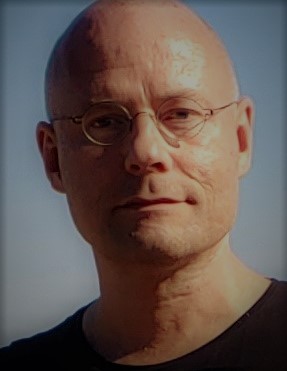
Marko Keskinen

Marko Keskinen is a seasoned leader in the technology and telecommunications sector, currently serving as Managing Director for Europe at Skylo Technologies. His career is marked by strategic leadership and innovation, including a distinguished tenure at Nokia, followed by co-founder and executive roles in the startup and scaleup ecosystem.
At Skylo, he is at the forefront of the company’s groundbreaking advancements in direct-to-device (D2D) satellite connectivity. Skylo has developed the world’s first standards-based, commercial, software-defined network for D2D satellite service — now the largest of its kind globally. The network provides coverage across five continents and serves well over 10 million subscribers.

Mikael Hook

Mikael Höök joined Ericsson in 1994 and has held various positions targeting the research and standardization of cellular generations from 2G to 6G. He is currently Research Area Director for Radio Research within Ericsson Research and is based in Kista, Stockholm. The responsibility covers research on air-interface design, advanced signal processing, multi-antenna systems, radio network performance, and propagation. Results are fed into standardization, regulation, and product development. The work addresses 5G and 6G technologies, spectrum, and wireless backhaul.
He was born in 1968 and received his M.Sc. degree in Electrical Engineering from the Royal Institute of Technology in Stockholm in 1995.
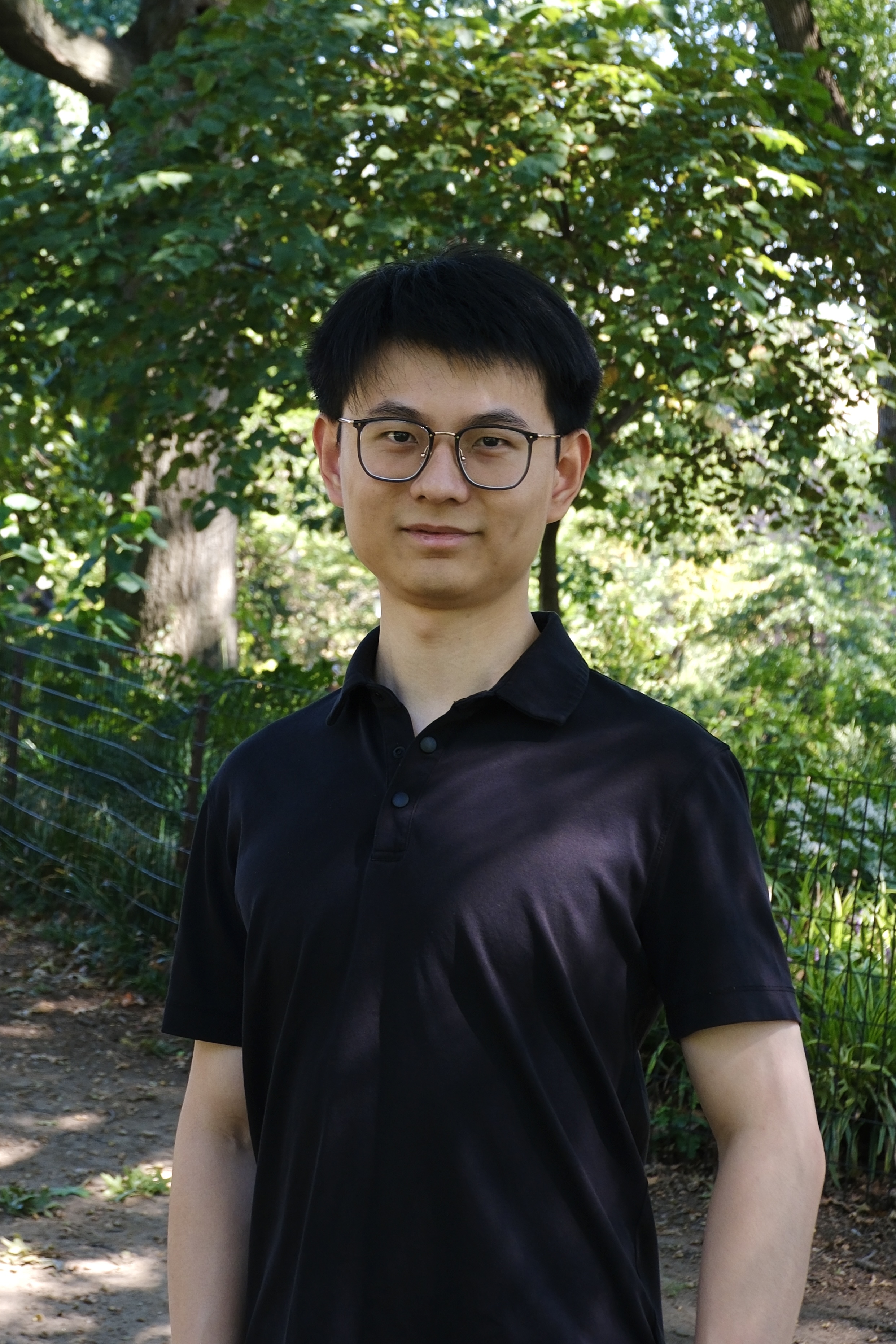
Mingjun Ying

Mingjun Ying is currently pursuing a Ph.D. degree in Electrical and Computer Engineering at NYU WIRELESS, New York University Tandon School of Engineering, Brooklyn, NY, USA, under the supervision of Prof. Theodore S. Rappaport.
He completed his B.Eng. at Chongqing University of Posts and Telecommunications in 2023 and his M.Sc. in Electrical Engineering at NYU Tandon in 2025. His research interests include wireless ray tracing, channel measurement and modeling, 3D reconstruction, satellite communications, and integrated sensing and communication.
.jpg)
Mirko Cano Soveri
.jpg)
With over 20 years of experience in the telecommunications field, Mirko Cano Soveri has developed a strong focus on standardization. He currently serves as Director of ETSI’s Mobile Competence Centre (MCC) department, a position he has held since 2023.
His career began with roles at Vodafone, British Telecom, and Telefonica. It was through his work on EU research projects at Telefonica that he first became involved in standardization. He continued this focus at TNO, working on Machine-to-Machine (M2M) standards within the ETSI M2M group.
Since joining ETSI in 2012, Mirko has been actively involved in mobile telecommunication standardization efforts. He initially provided support to 3GPP technical groups in the areas of security and management before taking on his current leadership position within the MCC.
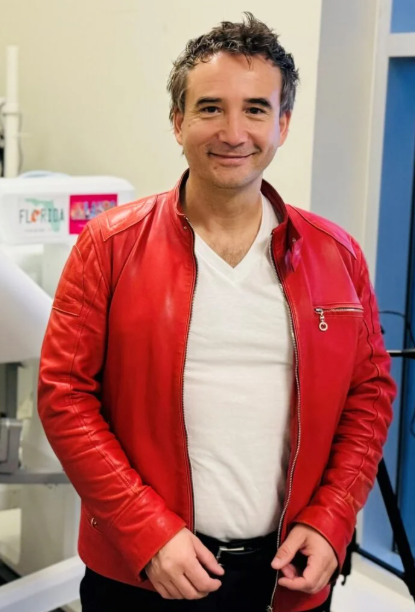
Misha Dohler

Mischa Dohler is now Vice President of Emerging Technologies at Ericsson Inc. in Silicon Valley, working on cutting-edge topics in 5G/6G, augmented reality (AR), and generative AI. He serves on the Spectrum Advisory Board of Ofcom and the AI/ML Technical Advisory Committee of the FCC.
He is a Fellow of the IEEE, the Royal Academy of Engineering, the Royal Society of Arts (RSA), the Institution of Engineering and Technology (IET), and the AP Artificial Intelligence Association (AAIA), as well as a Distinguished Member of Harvard Square Leaders Excellence. Mischa is a serial entrepreneur with five companies, a composer and pianist with five albums on Spotify and iTunes, and fluent in several languages. His work has been widely covered by national and international media, and he is featured on Amazon Prime.
He is a frequent keynote, panel, and tutorial speaker and has received numerous awards. Mischa has pioneered several research fields, contributed to multiple wireless broadband, IoT/M2M, and cybersecurity standards, holds a dozen patents, organized and chaired numerous conferences, served as Editor-in-Chief of two journals, published over 300 highly cited papers, and authored several books. He is recognized as a Top 1% Cited Innovator across all scientific fields globally.
From 2013 to 2021, he was a full and tenured Professor in Wireless Communications at King’s College London and Director of the Centre for Telecommunications Research, where he drove cross-disciplinary research and innovation in technology, sciences, and the arts. He is the cofounder and former CTO of the IoT-pioneering company Worldsensing, the AI-driven satellite company SiriusInsight.AI, and the sustainability company Movingbeans (acquired). Earlier in his career, he worked as a Senior Researcher at Orange/France Telecom from 2005 to 2008.
Between 1990 and 1993, Mischa won several Olympiads in mathematics and physics and reached the third round of the International Physics Olympiad representing Germany.

N. G. Subramaniam

Mr. N. Ganapathy Subramaniam (NGS) is with Tata Consultancy Services Limited as a Consulting Advisor overseeing strategic initiatives, following a career spanning 42 years. He is also the Chairman of the Board of Directors of Tejas Networks Limited and Tata Elxsi Limited.
In the last four years, he served as the Chair of TSDSI, India’s Telecom SDO, during which time he was also the 3GPP PCG Chair in 2023. He was the founding Chair of the Bharat 6G Alliance. He currently steers several initiatives under the aegis of the Government of India related to standards development and advancing the Bharat 6G Vision goals.

Narayan Mandayam

Narayan Mandayam is a Distinguished Professor of Electrical and Computer Engineering at Rutgers University, where he also serves as Director of the Wireless Information Network Laboratory (WINLAB). His recent research interests include machine learning for spectrum sharing and passive coexistence, integrated sensing and communications targeting verticals such as manufacturing and medicine, and privacy in IoT.
Dr. Mandayam pioneered the application of microeconomic principles to the radio resource allocation problem in wireless data networks. The fundamental connections made in his work between the efficiency of resource allocation and interference management using “pricing” (a form of policing) form the basis of radio resource management algorithms that are used in wireless data networks.
His research contributions have been recognized with the 2015 IEEE Communications Society Advances in Communications Award (given to the most impactful paper in the preceding 15 calendar years) for his work on power control and pricing, the 2014 IEEE Donald G. Fink Award for his IEEE Proceedings paper titled “Frontiers of Wireless and Mobile Communications,” and the 2009 Fred W. Ellersick Prize from the IEEE Communications Society for his work on dynamic spectrum access models and spectrum policy.
He is also a recipient of the Peter D. Cherasia Faculty Scholar Award from Rutgers University (2010), the National Science Foundation CAREER Award (1998), the Institute Silver Medal from the Indian Institute of Technology (1989), and its Distinguished Alumnus Award (2018). He is a Fellow and Distinguished Lecturer of the IEEE.

Nick Laneman

Dr. Nick Laneman is Director of SpectrumX — an NSF Spectrum Innovation Center — Founding Director and currently Co-Director of the Wireless Institute in the College of Engineering, and Professor in the Department of Electrical Engineering at the University of Notre Dame. He joined the faculty in August 2002, shortly after earning a Ph.D. in Electrical Engineering and Computer Science from the Massachusetts Institute of Technology (MIT).
His research and teaching interests are in wireless system design, radio spectrum access, technology standards and intellectual property, and regulatory policy.
Laneman is an IEEE Fellow and has received the IEEE Kiyo Tomiyasu Award, the Presidential Early Career Award for Scientists and Engineers (PECASE), and the NSF CAREER Award. He has also been recognized twice by Thomson Reuters as an ISI Highly Cited Researcher. He is the author or co-author of more than 145 publications and the co-inventor on eight U.S. patents.
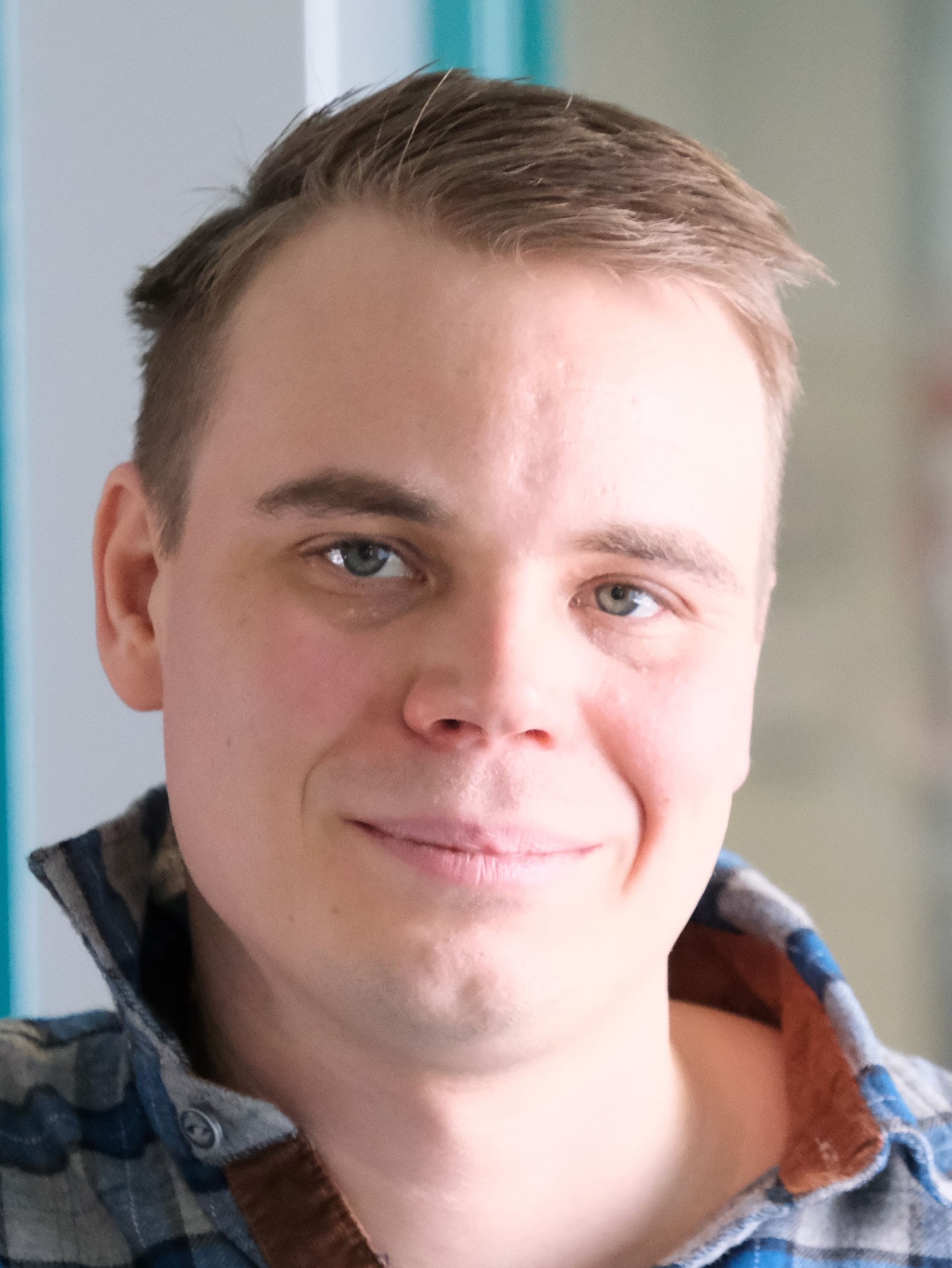
Nuutti Tervo

Nuutti Tervo is an Assistant Professor at the Centre for Wireless Communications — Radio Technologies (CWC-RT) at the University of Oulu, Finland, and a Fulbright Finland Scholar at UC Santa Barbara. He coordinates the Devices and Circuit Technologies research area in the Academy of Finland’s 6G Flagship program.
His research focuses on interdisciplinary topics in RF transceivers, wireless communications, and signal processing. He has authored over 90 publications, holds several patents, and has received the URSI Finland Young Scientist Award and the EuMC Microwave Prize.
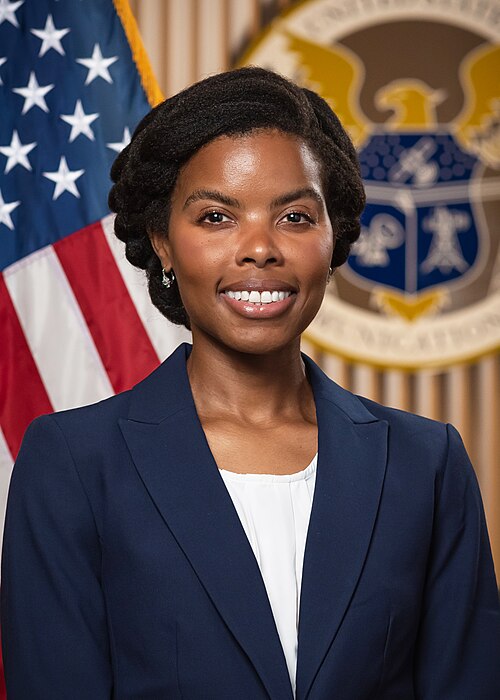
Olivia Trusty

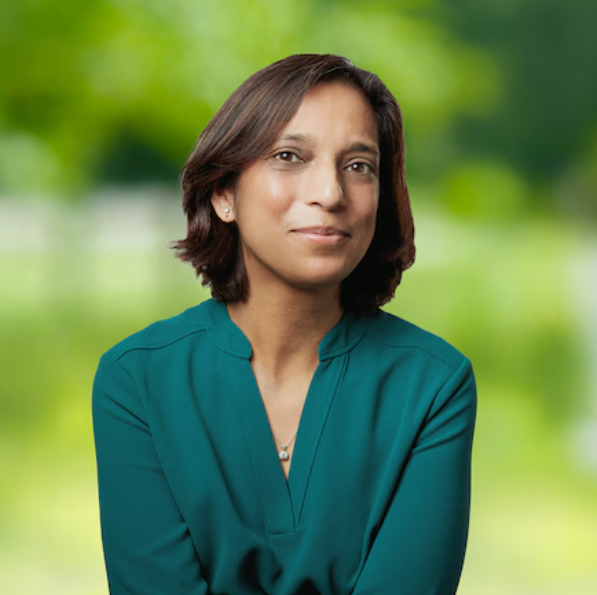
Pallavi Mahajan

Pallavi is the Chief Technology and AI Officer of Nokia, responsible for leading the company’s Technology and AI Organization, which comprises Nokia Bell Labs, Technology and AI Leadership, and Group Security. She focuses on driving differentiation for Nokia through core technologies, strengthening security and AI capabilities, and maximizing the value of ecosystem partnerships.
Pallavi has significant experience in networks, software, and AI. She is recognized for her rare combination of deep technical expertise, commercial acumen, and proven ability to scale multi-billion-dollar product portfolios.
Prior to joining Nokia, Pallavi held the position of Corporate Vice President (CVP) and General Manager (GM) of Data Center and Artificial Intelligence Software at Intel, where she defined and led the company’s AI software strategy while forging strategic partnerships to scale AI across cloud, enterprise, and specialized workloads. Before this, she was CVP and GM of Intel’s Networking & Edge Group, driving innovation in networking and the global deployment of edge AI solutions.
Other previous roles include Vice President of Solutions Engineering & Customer Experience, High-Performance Compute, at Hewlett Packard Enterprise, leading notable supercomputing programs. Also, as Vice President of Engineering at Juniper Networks, she pioneered the vision of Self-Driving Autonomous Networks.
Pallavi holds six patents and has built deep partnerships across technology ecosystems and open-source consortia in networking, AI, and core technologies. She holds a Bachelor of Technology degree in Computer Science from the National Institute of Technology Kurukshetra, as well as a Master of Science degree in Software Systems from Birla Institute of Technology and Science, Pilani. She also completed the Advanced Leadership Program at Stanford University Graduate School of Business.
.jpg)
Peter Merz
.jpg)
Peter is currently leading the Nokia Standards. This unit is tasked with developing comprehensive concepts and innovations for radio interface & access and core networks. Additionally, it focuses on automation breakthroughs in network and service domains, ensuring these innovations are effectively integrated into external standardization bodies and fora.
Peter received his Master of Science degree in Electrical Engineering in 1995 from the University of Stuttgart in Germany. In 1996, he joined Siemens Mobile Networks and started working on GSM technology. He has a strong background in wireless research and was instrumental in Siemens’s pioneering activities in WCDMA and LTE.
In 2007, he took over as Head of Radio Systems Research at Nokia Siemens Networks and later at Nokia Networks. The research performed by this unit has contributed substantially to the evolution of WCDMA, HSPA, LTE/LTE-Advanced, and 5G/5G-Advanced technologies and systems that provide unparalleled connectivity on a global scale.
Peter is a proven technology and thought leader who can execute defined strategies by successfully leading projects and programs in multicultural global organizations. Peter initiated and founded the industry consortium on CPRI (Common Public Radio Interface) together with Ericsson, NEC, Nortel, Siemens, and Huawei.
He has been involved with the setup of several collaborative research projects and the creation of various mobile generations like 4G/LTE, 5G/5G-Advanced, and now 6G. Moreover, he holds several international patents, is a member of the VDE board and the board of “Münchner Kreis,” and is one of the creators of the landmark annual Brooklyn Summit event. Peter also acts as an industry speaker for the www.Thinknet-6G.de platform. He is frequently invited to share his insights on the transformational power of AI for 6G.
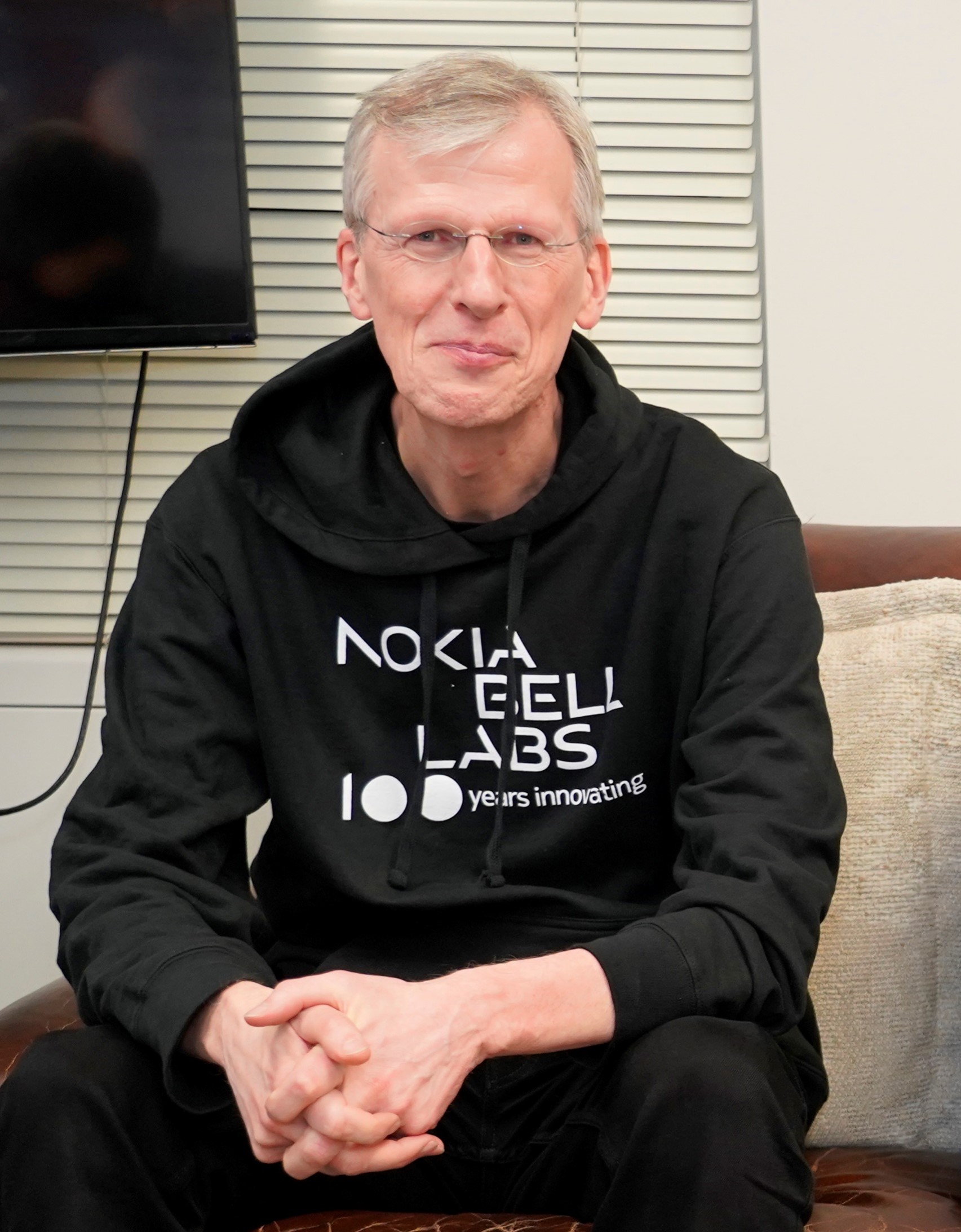
Peter Vetter

Peter Vetter is President of Bell Labs Core Research and Bell Labs Fellow at Nokia. He leads an eminent global research organization with the mission to create game-changing innovations that define the future of networks and ensure portfolio leadership for Nokia’s core business. He is also Honorary Professor at KU Leuven and IEEE Fellow.
During an international career of thirty years in research leadership, mostly in fixed and mobile networks, he and his teams have realized several world-first system demonstrations and successfully transferred industry-leading concepts to the business groups. He was also co-founder of an internal venture that produced the first FTTH product in Alcatel.
He received the degree of Physics Engineer from Gent University (Belgium) in 1986 and a Ph.D. with Prof. H. Pauwels in 1991. After a post-doctoral fellowship with Prof. T. Uchida at Tohoku University (Japan), he joined the research center of Alcatel (now Nokia) in Antwerp in 1993. Since 2009, he has worked at Bell Labs in Murray Hill, New Jersey, and has been on the senior leadership team of Bell Labs since 2013. He has authored over a hundred international papers and presented keynotes and tutorials at major technical industry events.

Rajeev Koodli

Dr. Rajeev Koodli is a distinguished global technology leader with over two decades of pioneering work in mobile communications, internetworking, and distributed cloud computing. With vast expertise in leadership, strategy, architecture, product development, research, and innovation, Dr. Koodli has made transformative contributions to 4G/5G systems, hyperscale cloud infrastructure, IPv6 networking, and artificial intelligence.
His innovations have had a significant impact on global mobile networking standards, and his technical leadership has helped reshape the telecommunications and technology sectors. He is currently a Principal Fellow and Senior Vice President of AI Infrastructure & Large Telecom Models at SB Telecom America, a subsidiary of SoftBank Corporation.
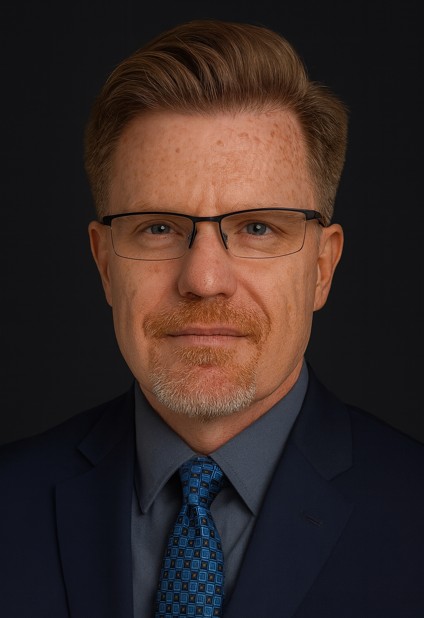
Robert Hoffman

Robert Hoffman is Senior Vice President of Government Relations at AMD. In this role, Hoffman leads the development and implementation of the global public policy and advocacy agenda for AMD. He brings 35 years of public policy, government advocacy, and strategic communications experience, with prior government relations roles at Broadcom, Accenture, Motorola Solutions, Cognizant, and Oracle. Hoffman also led the government relations team at the Information Technology Industry Council (ITI), a trade association of more than 75 world-leading technology companies.
Hoffman spent 13 years in public service as a policy advisor and speechwriter for four U.S. senators and the governor of California. His government policy work focused on technology, telecommunications, immigration, workforce development, national security, and nuclear weapons proliferation.
Hoffman received a bachelor’s degree in political science, magna cum laude and Phi Beta Kappa, from the University of California, Los Angeles (UCLA), and a master’s degree in public policy, with highest honors, from the University of Maryland.
.jpg)
Ronnie Vasishta
.jpg)
Ronnie Vasishta leads all aspects of NVIDIA’s telecom vertical including business management, product definition, development, and go-to-market strategy. As Senior Vice President – Telecom at NVIDIA, his organization is responsible for defining and architecting next-generation virtualized, open 5G Advanced and 6G networks, which act as a software-defined overlay on telecommunication networks powered by accelerated computing. His team is working with telecom operators around the world on their transformation journeys using NVIDIA’s full-stack accelerated computing and AI platform and extensive developer ecosystems.
Ronnie joined NVIDIA in 2020 from Intel, where he most recently served as the Vice President and General Manager of the Network and Configurable Logic Division, Data Products Group. At Intel, Ronnie’s team managed the company’s programmable business with telecom manufacturers and communication service providers.
Ronnie formerly served as CEO of privately held eASIC, which focused on the telecom and storage markets and was sold to Intel in 2018. Previously, he was Vice President of Technical Marketing at LSI Logic, a pioneer in the custom ASIC business. At LSI Logic, he also held a series of engineering roles extending across wafer processing, chip design, IP, and packaging.

Samita Chakrabarti

Samita Chakrabarti works as a Standards Architect at Technology Standards and Ecosystems, Verizon. She leads the Industrial IoT standards vertical and serves as Verizon’s lead technical delegate at 5G-ACIA and GSMA IoT Manufacturing. She is also a delegate at 3GPP SA1 and ATIS NGA.
Her primary areas of interest include 5G private networks, industrial and massive IoT services, and the evolution of architecture and standards with edge computing and AI. She has been working in the networking industry for many years in various R&D roles, spanning software development, technology architecture, and strategic innovation.
She holds an M.S. degree in Computer Science from the State University of New York at Albany, USA.
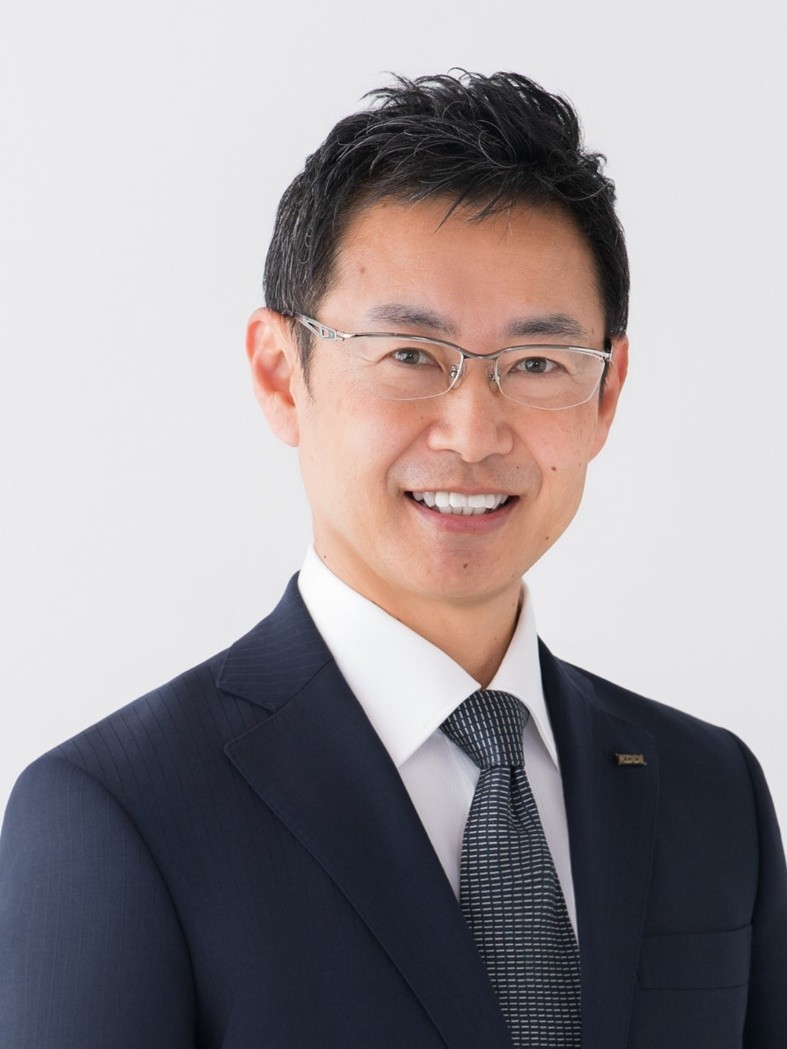
Satoshi Konishi

Dr. Satoshi Konishi joined KDDI in 1993. He was involved in research and development for wireless communication systems, including LEO satellites, mesh-type fixed wireless access (FWA), and mobile communication systems. He developed the wireless packet scheduler for LTE base stations and led LTE commercialization from 2008 to 2012 for KDDI with various network vendors, including Motorola (now Nokia).
Before and during that period, he also led the performance evaluation technical group for IMT-Advanced systems in ITU-R and served as Chair of the Technical Evaluation Group in 3GPP2.
From 2014, he successfully developed and commercialized new functions such as carrier aggregation (CA), VoLTE, and femtocells for the LTE-Advanced system with vendors including Nokia, serving as General Manager and Head of the Mobile Access Technology Department at KDDI Corporation.
Since 2017, he has conducted numerous demonstrations using 5G and led 5G commercialization at KDDI as General Manager and Head of the Next Generation Network Development Department.
Since April 2020, he has led various cutting-edge technologies, including optical and wireless networks, AI, security, and XR, toward the 6G era as Executive Vice President and Head of Advanced Technology Laboratories at KDDI Research Inc.
On April 1, 2025, he was appointed President and CEO of KDDI Research Inc.
Dr. Konishi is a Fellow of IEICE, Japan, and received his Ph.D. in 2006 and MBA in 2017 from Waseda University and Globis University, Japan, respectively.
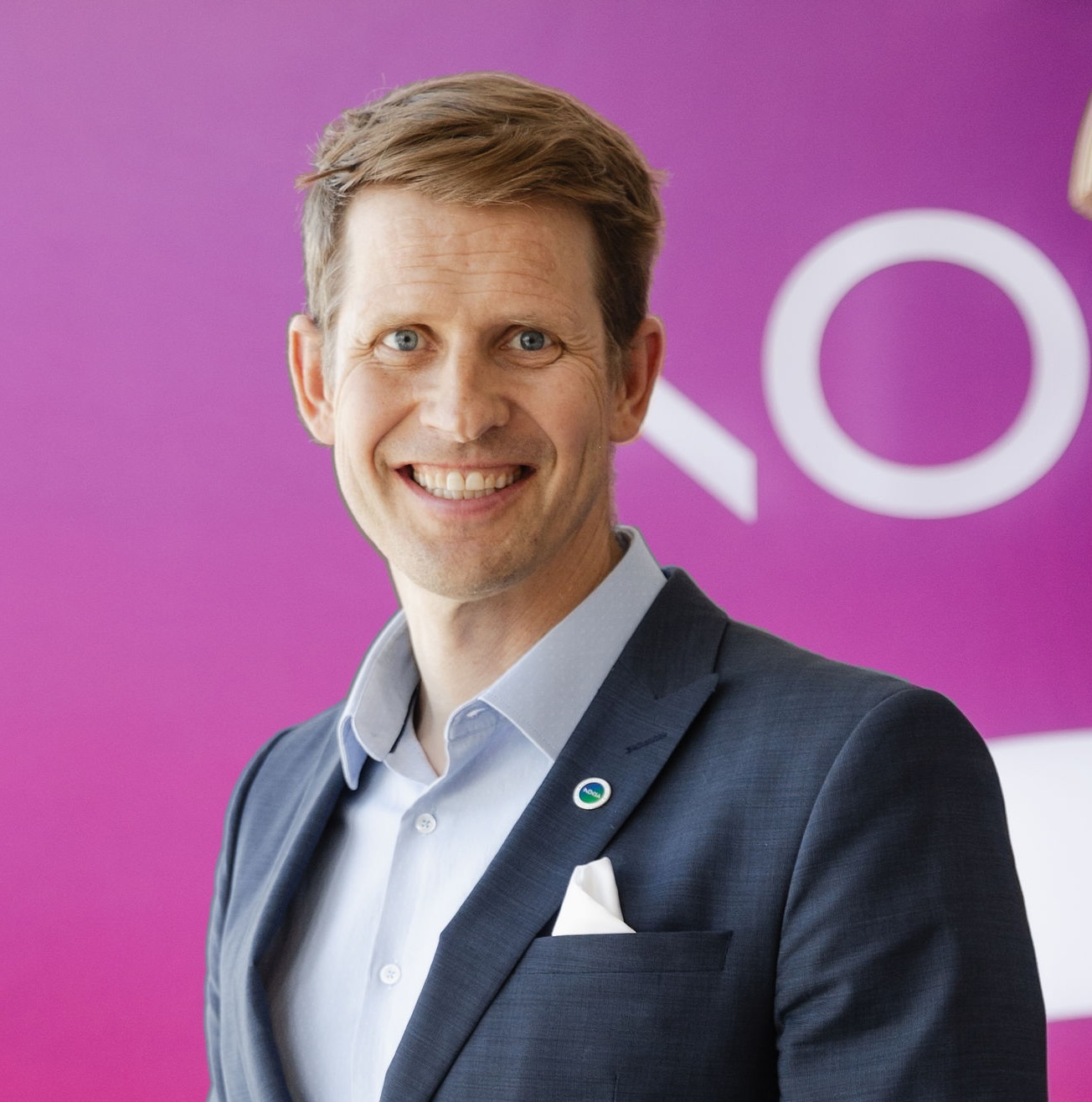
Sean Kennedy

Sean Kennedy, Vice President of Nokia Bell Labs, spearheads the Artificial Intelligence Research Lab. He is at the cutting edge of developing next-generation solutions in algorithmic and machine learning, as well as exploring emerging technologies in human sensing devices and the exciting field of quantum computing. Sean’s multinational team is dedicated to tackling industry-critical challenges, creating value for customers, and making a significant business impact.
With a personal passion for mathematics and computing technologies, Sean is keen on applying his expertise to predict and explain the future implications of artificial intelligence. His current research is focused on advancing machine learning systems to mimic human analytical thinking capabilities.
Sean is also at the helm of Nokia’s initiatives around responsible AI and its AI Centre of Excellence. He holds a joint Ph.D. in Mathematics and Computer Science from McGill University in Montreal, Canada. Outside of his professional life, Sean enjoys skiing, cycling, and running.
He is widely recognized for his ability to communicate the complexities of emerging technologies in a clear and accessible way.
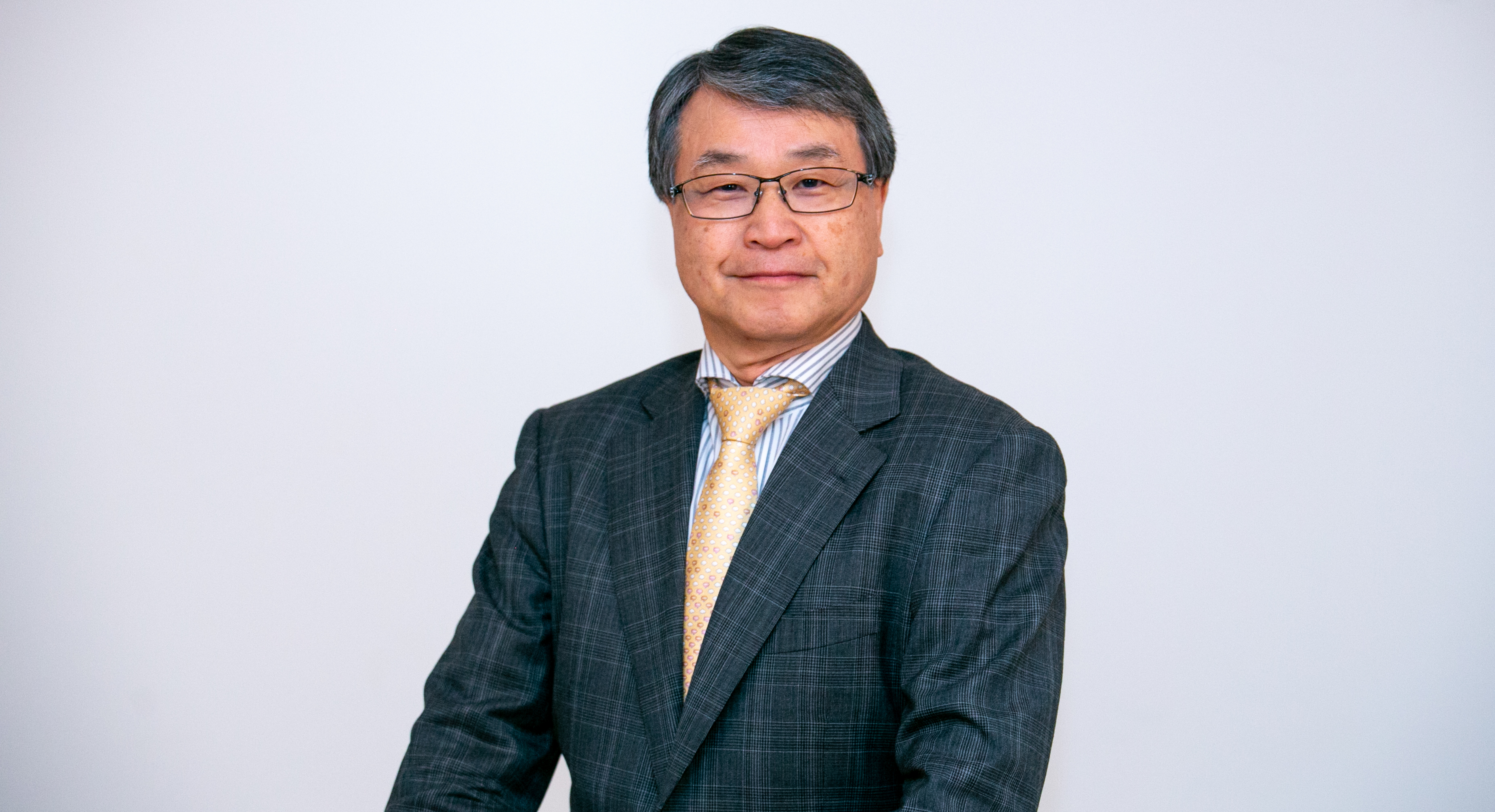
Seizo Onoe

Seizo Onoe took office as Director of the Telecommunication Standardization Bureau (TSB) at the International Telecommunication Union (ITU) on 1 January 2023. Before his election as TSB Director by ITU Member States, he completed a career spanning over 30 years with the Japanese mobile operator NTT DOCOMO.
In 2021, he became Executive Vice President and Chief Standardization Strategy Officer for Nippon Telegraph and Telephone (NTT) Corporation and a Fellow of NTT DOCOMO, INC. From 2017, he served as NTT DOCOMO’s Chief Technology Architect and President of its subsidiary DOCOMO Technology. Between 2012 and 2017, he served as NTT DOCOMO’s Chief Technology Officer and Executive Vice President, a Member of the Board of Directors, and Managing Director of the R&D Innovation Division.
Earlier, he served as Senior Vice President and Managing Director of NTT DOCOMO’s R&D Strategy Department and as Managing Director of the company’s Radio Network Development Department.
As TSB Director, he heads the ITU division responsible for coordinating technical standards and collaborative standardization processes that enable the interconnection and interoperability of information and communication technologies (ICTs) worldwide. Mr. Onoe is committed to facilitating open and inclusive standardization processes, promoting digital technologies to address global issues, building a new ecosystem that reflects evolving technologies, and strengthening cooperation and collaboration in ICT standardization globally.
Known in the industry as “the father of LTE” (Long-Term Evolution), he helped advance the wireless broadband standard for mobile devices and networks. He now aims for global outreach to bridge standardization gaps, deliver the benefits of technology widely and swiftly, and ensure meaningful and affordable broadband access for everyone.
In April 2025, Mr. Onoe was awarded the first IEEE Jagadish Chandra Bose Medal in Wireless Communications for his contributions to the development, collaborative facilitation, and deployment of 3G and 4G mobile communication systems through R&D and global standardization.
Mr. Onoe holds a Master’s degree in Electronics from the Kyoto University Graduate School of Engineering. He is married and has two children and four grandchildren.
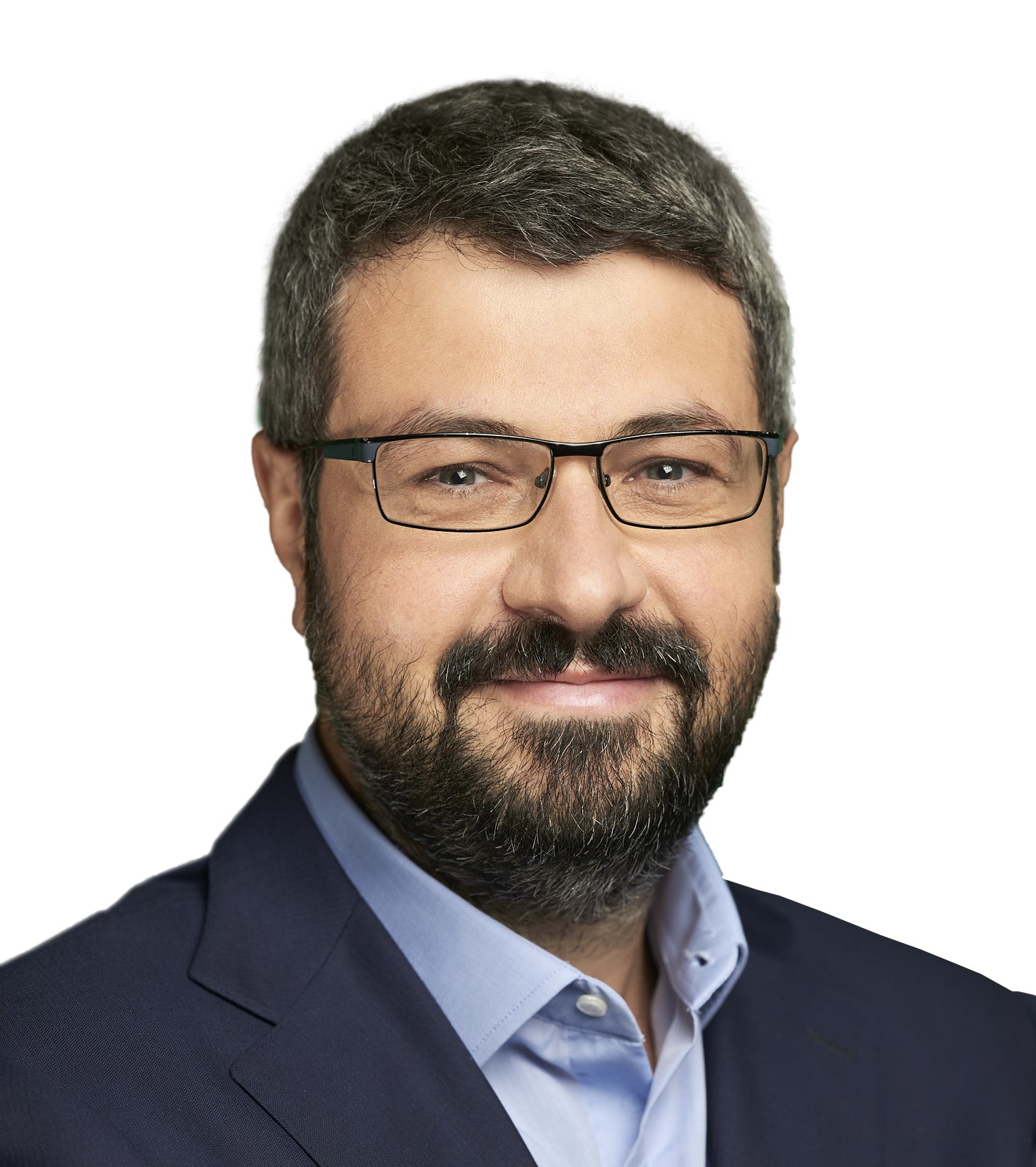
Simone Redana

Dr. Simone Redana is responsible for Architecture, Security, and Automation at Nokia Technologies and Standards, driving standardization and research leadership, building Nokia’s IP portfolio, and accelerating business development initiatives in these domains. He oversees work in areas such as RAN, Core and System Architecture, Security, Network and Service Automation, and AI/ML, advancing technology and standardization leadership in organizations including 3GPP, O-RAN ALLIANCE, IETF, GSMA, ETSI, NTIA, and TSDSI.
He has been responsible for several 5G projects and trials with vertical industries such as BOSCH in Germany and OMRON in Japan, contributing to business development and joint go-to-market opportunities with these partners. Dr. Redana also leads technical collaborations on 6G with customers and universities across different regions.
Previously, Dr. Redana led research on concepts and demonstrations involving physical layer, protocols, and radio architecture, as well as relays, SON for 4G and LTE-WLAN interworking, and new methods for spectrum sharing and licensed spectrum access. He has served as a standardization delegate and expert in several 3GPP RAN1, RAN2, and RAN3 meetings, coordinated EU-funded projects, and launched the EU 5GPPP Architecture Working Group — now the 6G Working Group — as part of the 5G Infrastructure Public-Private Partnership program.
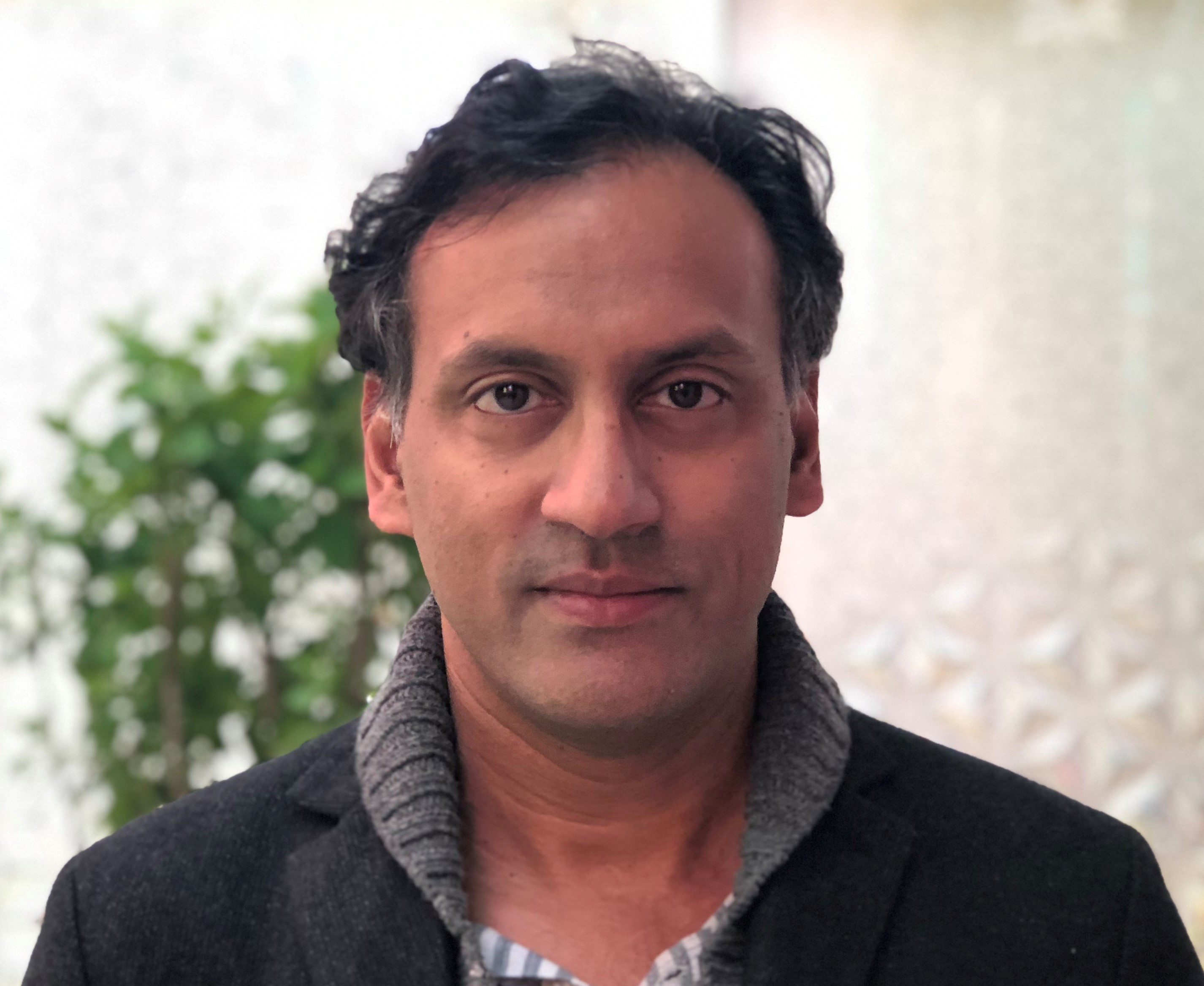
Sundeep Rangan

Sundeep Rangan received the B.A.Sc. from the University of Waterloo, Canada, and the M.Sc. and Ph.D. from the University of California, Berkeley, all in Electrical Engineering. He has held postdoctoral appointments at the University of Michigan, Ann Arbor, and Bell Labs.
In 2000, he co-founded (with four others) Flarion Technologies, a spin-off of Bell Labs that developed Flash-OFDM — one of the first cellular OFDM data systems and a precursor to 4G technologies, including LTE and WiMAX. In 2006, Flarion was acquired by Qualcomm Technologies, where Dr. Rangan was a Senior Director of Engineering involved in OFDM infrastructure products.
He joined the Department of Electrical and Computer Engineering at NYU Tandon (formerly NYU Polytechnic) in 2010. He is a Fellow of the IEEE and Associate Director of NYU WIRELESS, an academic–industry research center focused on next-generation wireless systems.
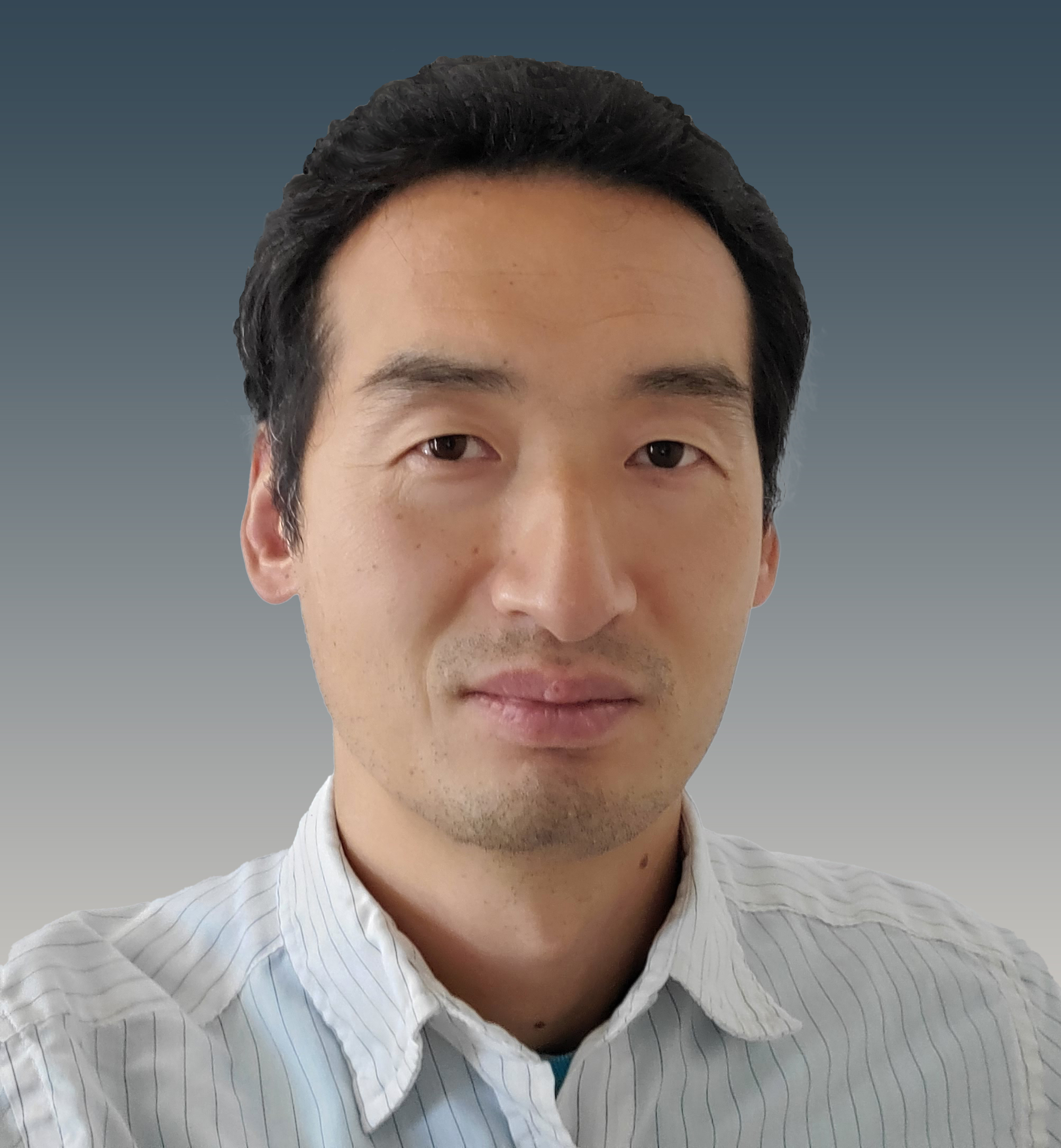
Taesang Yoo

Taesang Yoo is a Senior Director of Technology at Wireless R&D, Qualcomm Research in San Diego, CA, USA. He leads Qualcomm’s wireless AI/ML R&D for 5G/6G system design and 3GPP Air Interface standards. With over 19 years of experience at Qualcomm, Taesang has made significant contributions across various domains, including MIMO design and standards, advanced receiver algorithms, and wireless AI/ML algorithms and 3GPP standardization. His expertise spans wireless communications, machine learning, deep learning, and signal processing.
Taesang Yoo has authored more than 30 journal and conference papers and holds over 300 U.S. granted patents and over 2,000 internationally. He received his B.S. (Hons.) in Electrical Engineering from Seoul National University, Korea, and his M.S. and Ph.D. degrees in Electrical Engineering from Stanford University, California.
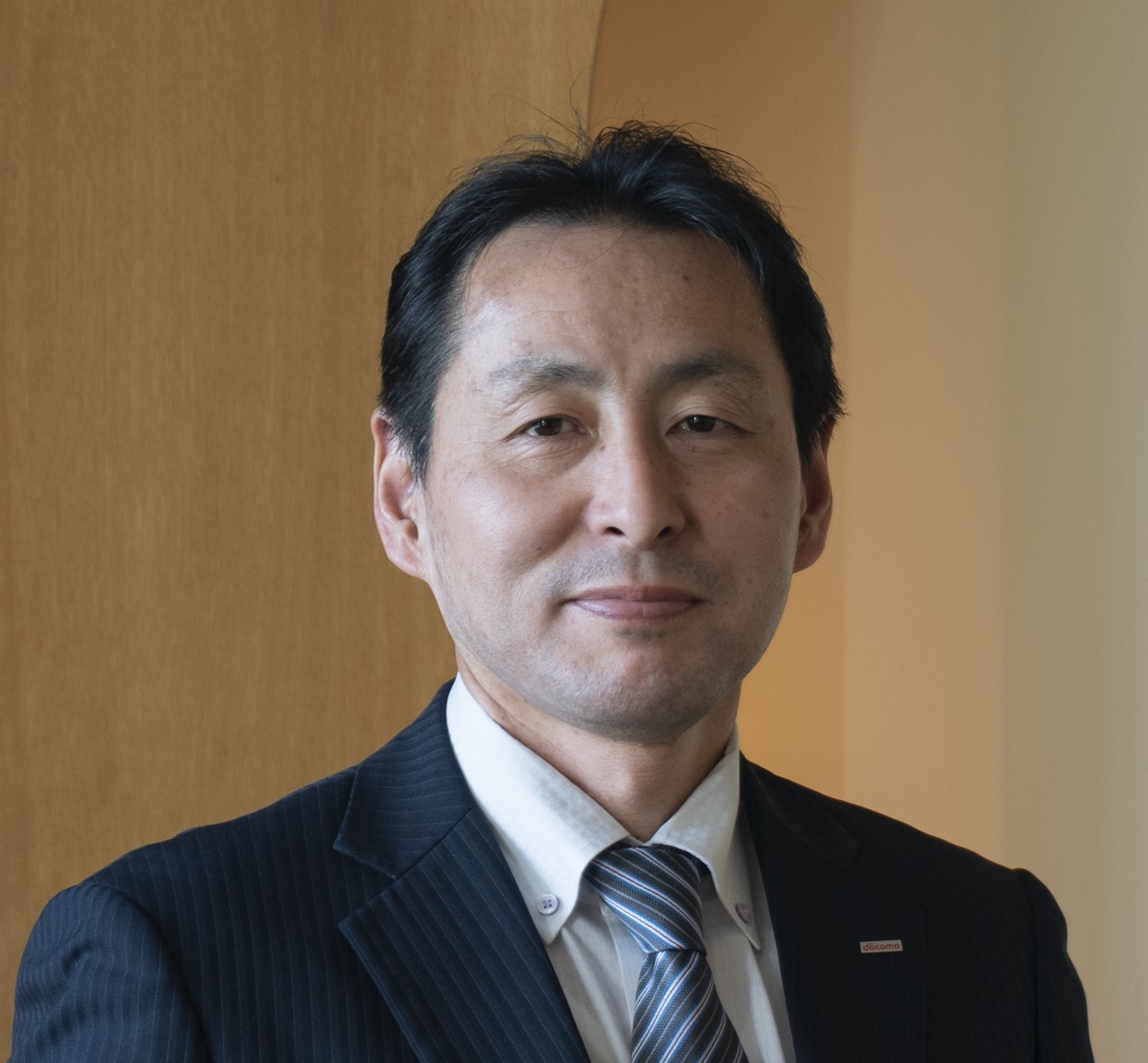
Takehiro Nakamura

Mr. Takehiro Nakamura is currently the Chief Standardization Officer at NTT DOCOMO, Inc. With extensive experience in R&D and standardization, he has played a pivotal role in advancing radio and network technologies while strengthening inter-industry collaboration.
He currently leads several projects on Local 5G, millimeter wave, and 6G within the XG Mobile Promotion Forum (XGMF) and serves as a Board Member of 5G-ACIA.
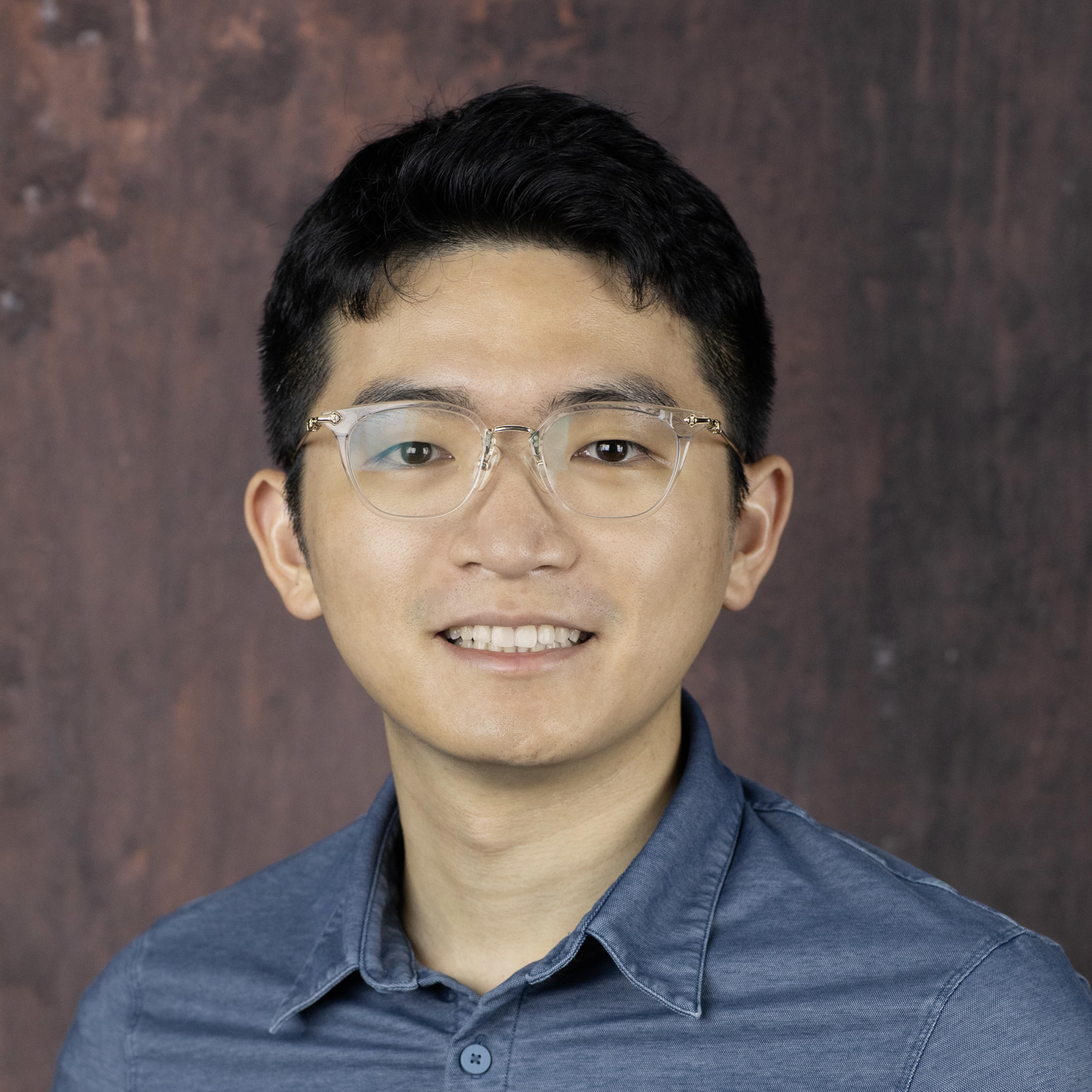
Tingjun Chen

Tingjun Chen is the Nortel Networks Assistant Professor of Electrical and Computer Engineering at Duke University, with a secondary appointment in Computer Science. His research focuses on the networking, communication, sensing, and energy-efficient computing aspects of wireless, mobile, and optical networked systems, bridging both theoretical foundations and experimental platforms.
He received his Ph.D. degree in Electrical Engineering from Columbia University in 2020 and his B.Eng. degree in Electronic Engineering from Tsinghua University in 2014. Between 2020 and 2021, he was a Postdoctoral Associate at Yale University.
Dr. Chen has received multiple awards, including the NSF CAREER Award, Google Research Scholar Award, IBM Academic Awards, NVIDIA Academic Awards, Columbia Engineering Morton B. Friedman Memorial Prize for Excellence, Columbia University Eli Jury Award, and the Facebook Fellowship. He is also a co-recipient of several paper awards from ACM CoNEXT, ACM MobiHoc, IEEE MTT-S IMS, IEEE/Optica OFC, and ECOC. His Ph.D. thesis was recognized as the ACM SIGMOBILE Dissertation Award Runner-up.
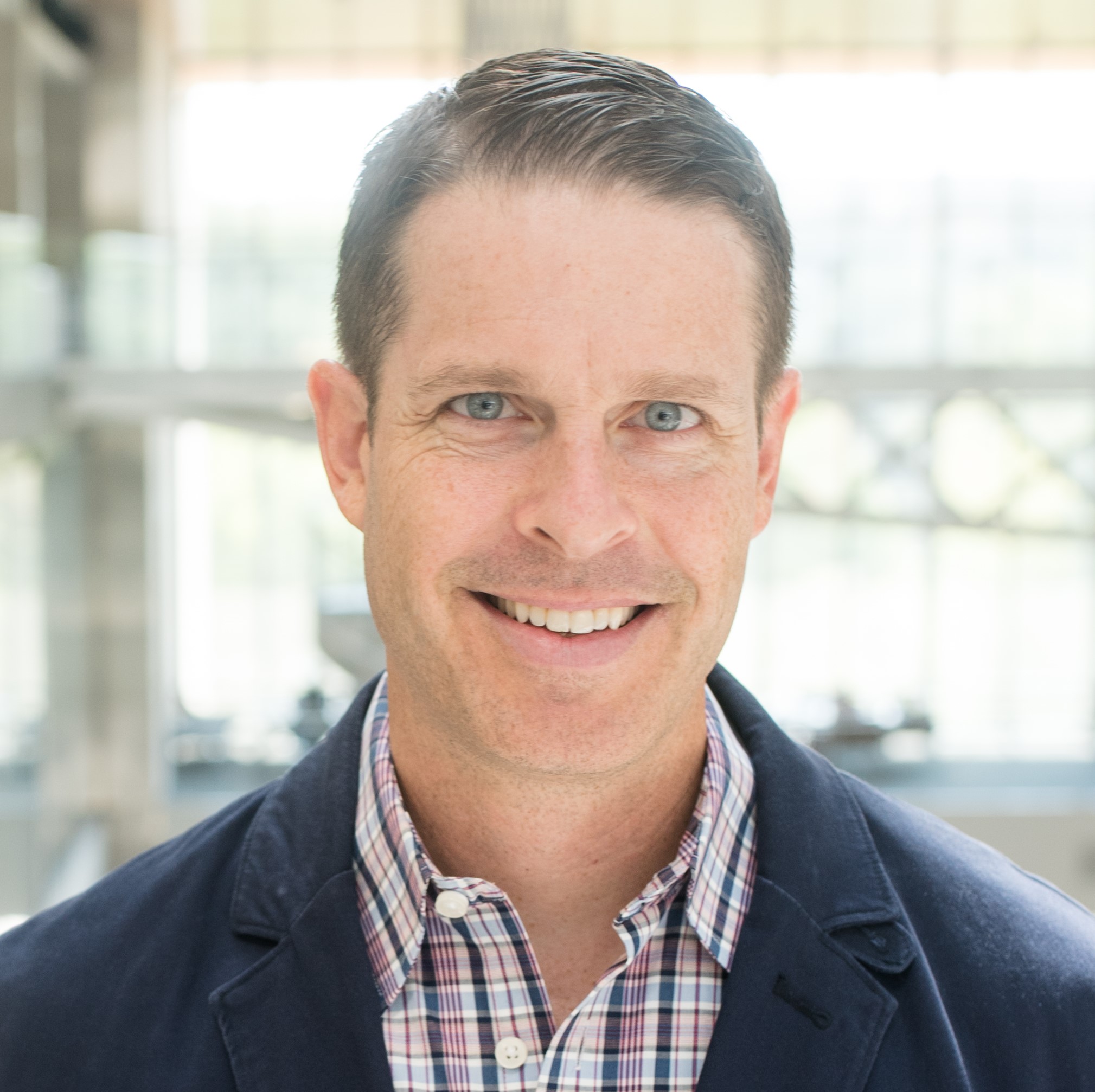
Todd E. Humphreys

Todd E. Humphreys (B.S., M.S., Utah State University; Ph.D., Cornell University) holds the Ernest Dashiell Cockrell II Chair in Engineering in the Department of Aerospace Engineering and Engineering Mechanics at the University of Texas at Austin. He is Director of the Wireless Networking and Communications Group and of the UT Radionavigation Laboratory, where he specializes in the application of optimal detection and estimation techniques to positioning, navigation, and timing.
His awards include the NSF CAREER Award (2015), the ION Thurlow Award (2015), the PECASE (NSF, 2019), the IEEE Walter Fried Best Paper Award (2012, 2020, 2023), the ION Kepler Award (2023), and the Royal Institute of Navigation Harold Spencer Jones Gold Medal (2025). He is a Fellow of the Institute of Navigation and of the Royal Institute of Navigation.
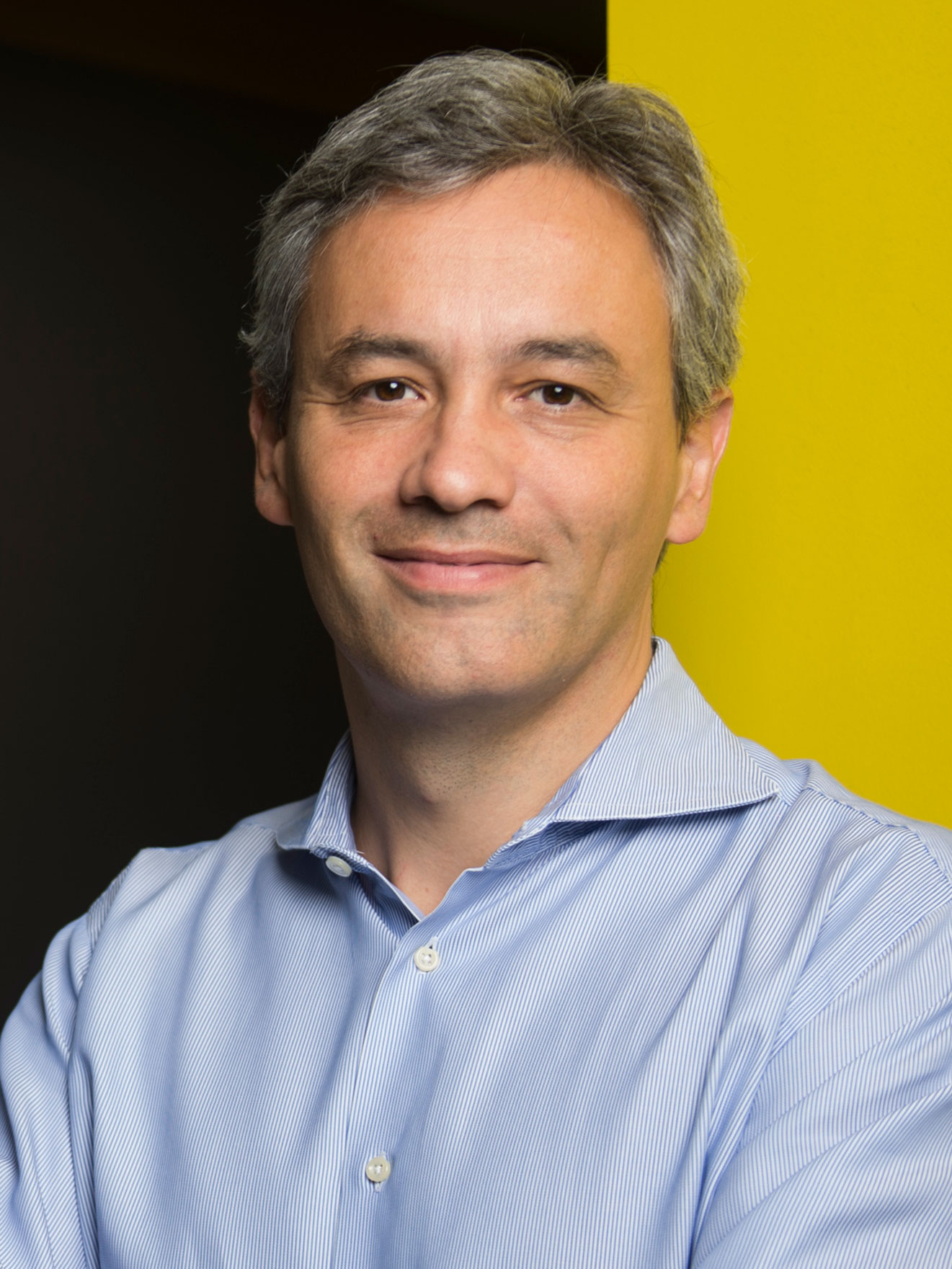
Tommaso Melodia

Tommaso Melodia is the William Lincoln Smith Professor in the Department of Electrical and Computer Engineering at Northeastern University in Boston. He is also the Founding Director of the Institute for the Wireless Internet of Things and the Director of Research for the PAWR Project Office.
He received his Laurea (integrated B.S. and M.S.) from the University of Rome – La Sapienza and his Ph.D. in Electrical and Computer Engineering from the Georgia Institute of Technology in 2007. He is an IEEE Fellow, an ACM Distinguished Member, a Fellow of the National Academy of Inventors, and a recipient of the National Science Foundation CAREER Award. He has received several Best Paper Awards, including at IEEE INFOCOM 2022 and IEEE GLOBECOM 2024.
Prof. Melodia serves as Editor-in-Chief for Computer Networks and is a co-founder of the 6G Symposium. He has also served as Technical Program Committee Chair for IEEE INFOCOM and General Chair for ACM MobiHoc, among others. He is an Executive Board Member of the AI-RAN Alliance and a Board Member of the OpenAirInterface Software Alliance.
Prof. Melodia’s research on modeling, optimization, and experimental evaluation of wireless networked systems has been funded by numerous U.S. government agencies and industry partners.
.jpg)
Udayan Mukherjee
.jpg)
Udayan Mukherjee is an Intel Senior Fellow and the Chief Architect of Intel’s Network & Communications Products. He architected the industry’s first fully virtualized 5G infrastructure software on open architecture through FlexRAN and FlexCore, which are being deployed worldwide.
Udayan also leads the global team driving Intel’s NextG network technology and 3GPP/O-RAN standards development. He is responsible for developing silicon enhancements and system-on-chip (SoC) designs for wireless networking and is currently working on network AI systems, including domain-specific large language models (LLMs) and retrieval-augmented generation (RAG) pipelines trained with network and enterprise data for deployment, automation, troubleshooting, and root-cause analysis.
In addition, Udayan is responsible for establishing new growth areas for Intel in intelligent computing across both enterprise and communications markets. This includes developing technologies and architectures that augment classical networking algorithms with AI/ML models, enterprise- and network-specific LLMs and RAG systems for network automation and RCA, software-based networking, and edge-specific intellectual property such as system design and time-sensitive networking for industrial applications.
Udayan has been deeply involved with IEEE, the O-RAN Alliance, and the Telecom Infra Project (TIP). He has been a keynote and distinguished speaker at multiple industry events, including IEEE Globecom, IEEE WCNC, IEEE 5G Silicon Valley Summits, IEEE NFIC, CTIA, GSMA, CableLabs, IMC, O-RAN Summits, ITS, the FCC, and various other global and U.S. government forums.
A three-time recipient of Intel Achievement Awards, Udayan holds more than a dozen granted patents and has many others pending in networking, edge computing, silicon enhancements, real-time processing, and high-availability architectures. He has been associated with two startups and holds dual master’s degrees in Computer Science and Industrial Engineering.
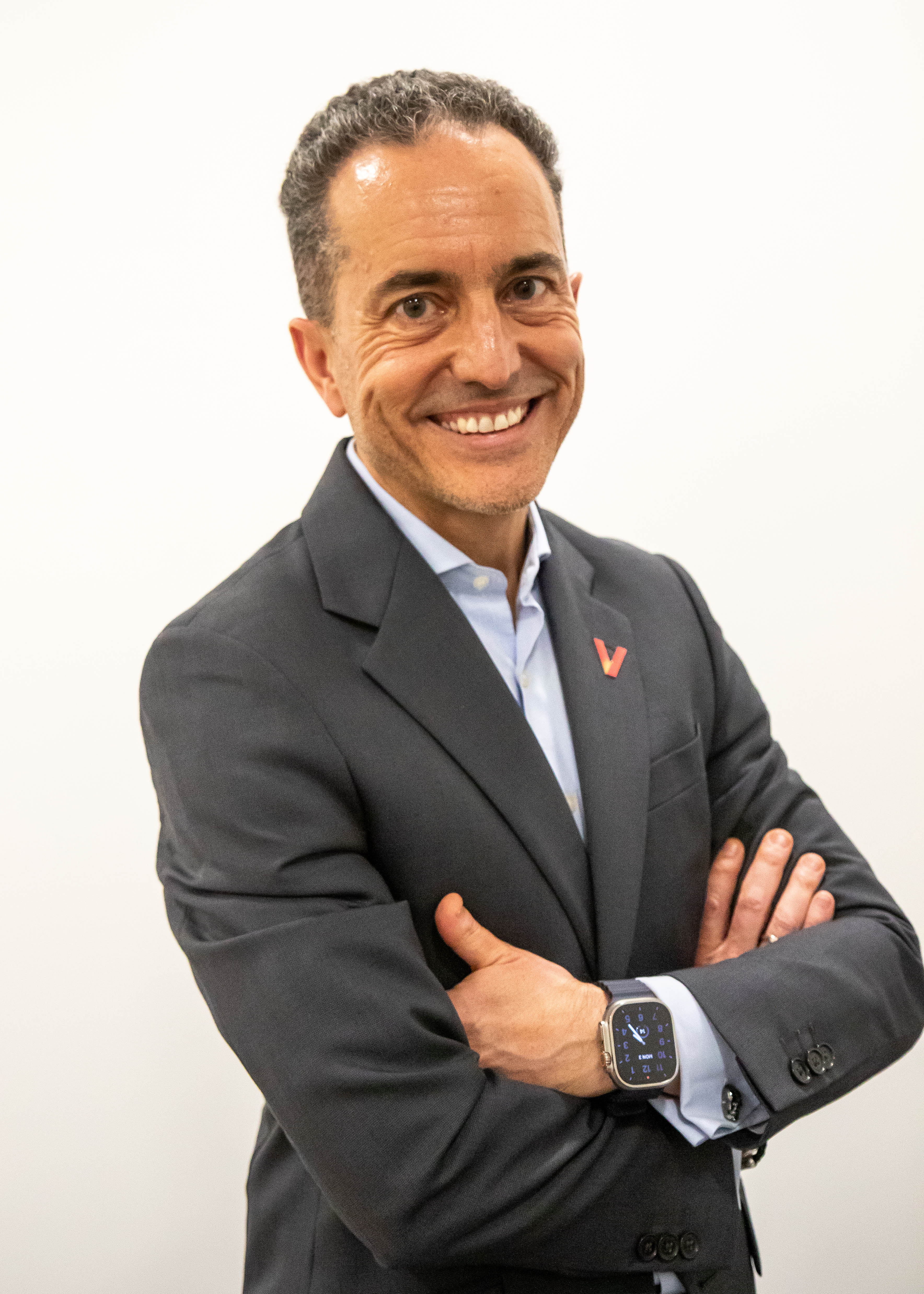
Yago Tenorio

Santiago (Yago) Tenorio serves as Chief Technology Officer and Senior Vice President of Strategy and Technology Enablement at Verizon. In his role, Yago leads Verizon’s work in advancing new 5G use cases, works with partners to drive new technology advancements, and maps out the next generation of technologies that Verizon will bring to customers where they live, work, and play.
Prior to joining Verizon, Yago spent more than 25 years at Vodafone building high-performance teams and is recognized for his expertise in architecting Vodafone’s Open RAN, Cloud Networking, and Network APIs. He served as CTO for Vodafone Ireland and Chief Network Officer in the UK, successfully leading Vodafone’s network coverage for the 2012 London Olympics.
He is widely respected as an innovator and thought leader in mobile networks, pioneering concepts including Single RAN and Open RAN. Yago has invented and patented technologies including a revolutionary small cell, a novel location system, and the first cloud-based smartphone. He has deployed several world firsts, including the first 5G non-standalone call and the first 5G commercial smartphone connection.
Yago is known for driving innovation throughout the industry during his tenure as Chairman of the Telecom Infra Project and Chairman of UK start-up Lime Microsystems. For his contributions to the industry, Yago was elected Fellow of the Royal Academy of Engineering in the UK — one of the most prestigious honors across all fields of engineering that very few professionals achieve in their technical careers.
.png)
Heading
Lorem Ipsum
.png)
Heading
Ted Rappaport
.png)
Heading
Amira Kwon
.png)
Heading
Amira Kwon
.png)
Heading
Amira Kwon

Heading
Amira Kwon
.png)
Heading
Amira Kwon
.png)
Heading
Amira Kwon
.png)
Heading
Amira Kwon
.png)
Heading
Amira Kwon
.png)
Heading
Amira Kwon

Heading
Amira Kwon
Join the conversation shaping the future of 6G
Be part of a global gathering of researchers, industry leaders, and innovators exploring the next wave of wireless technology.



